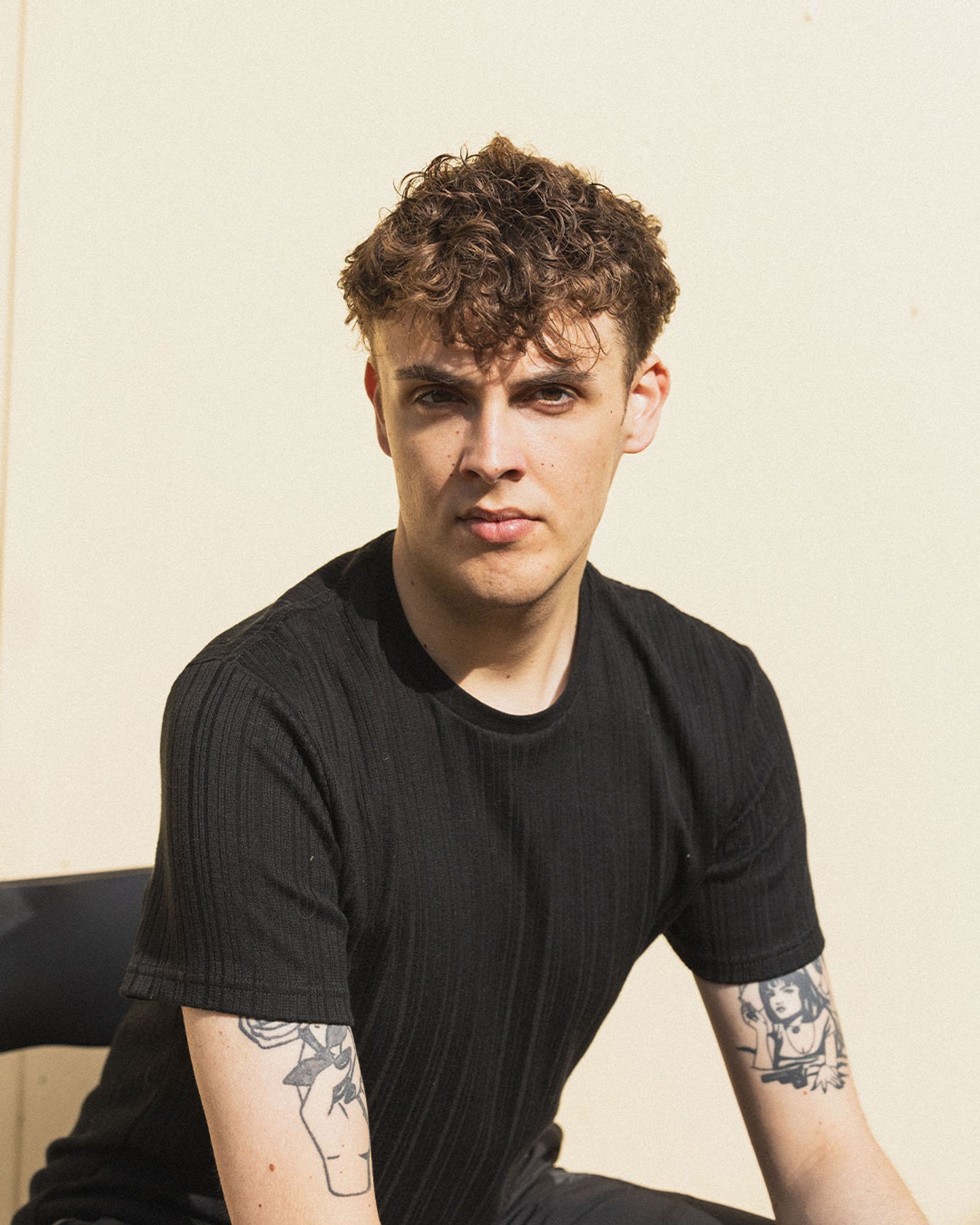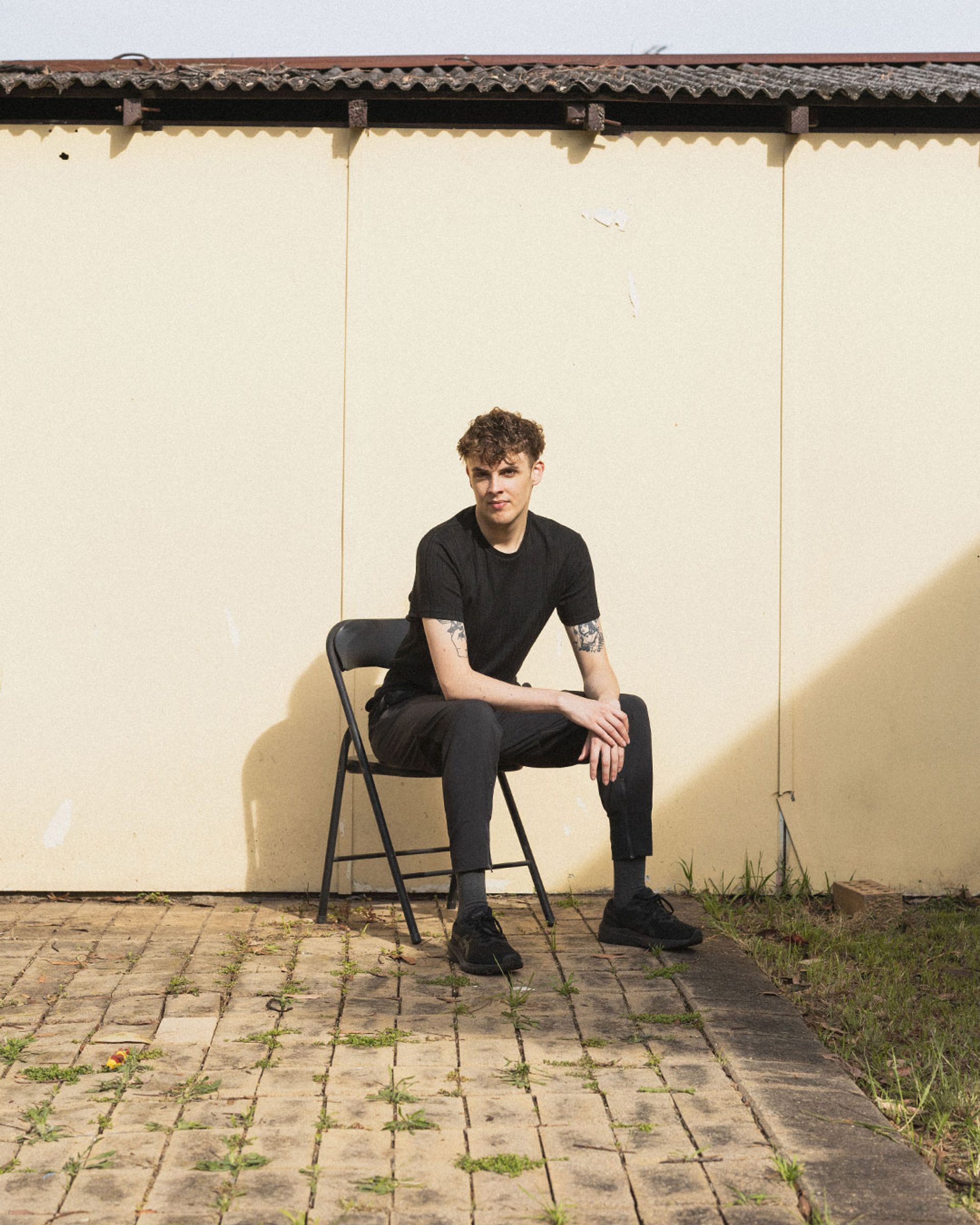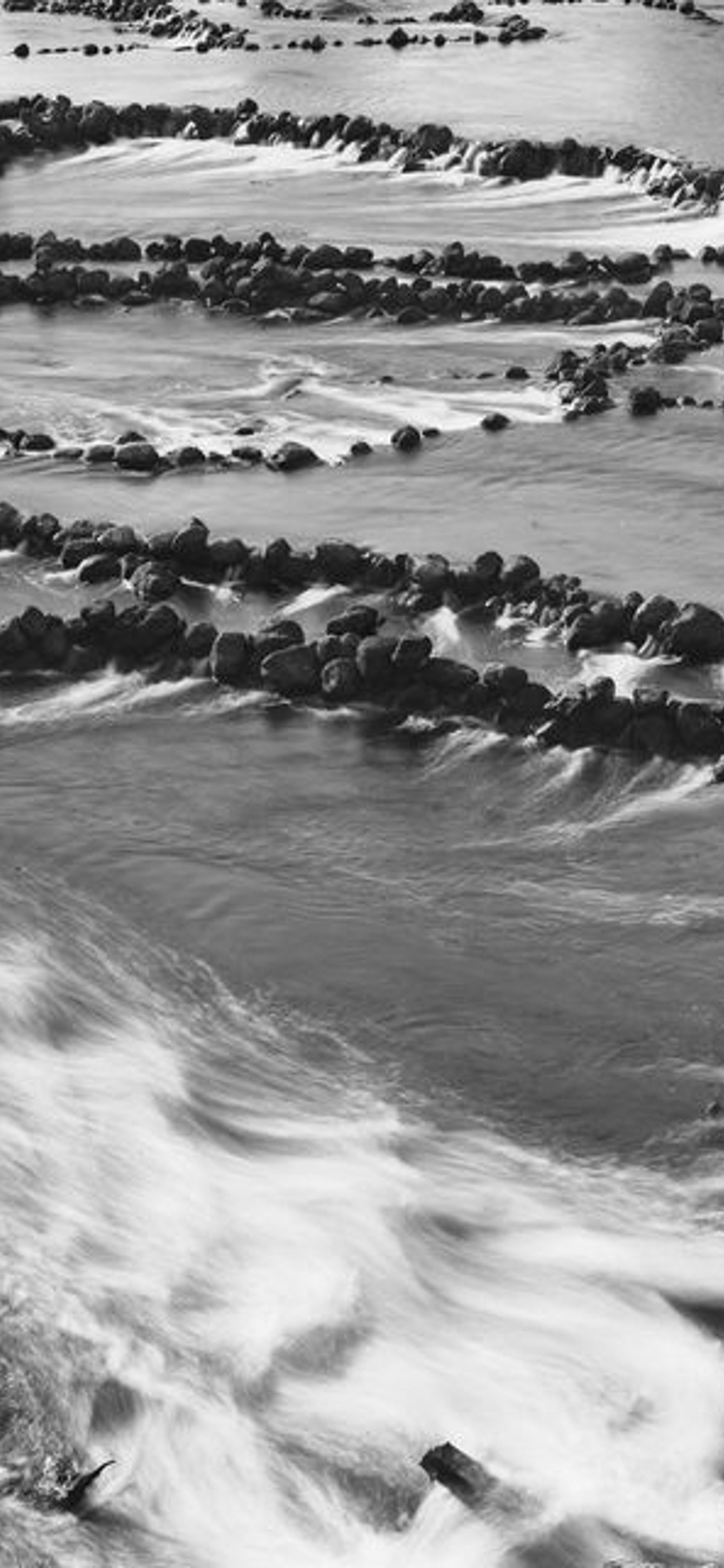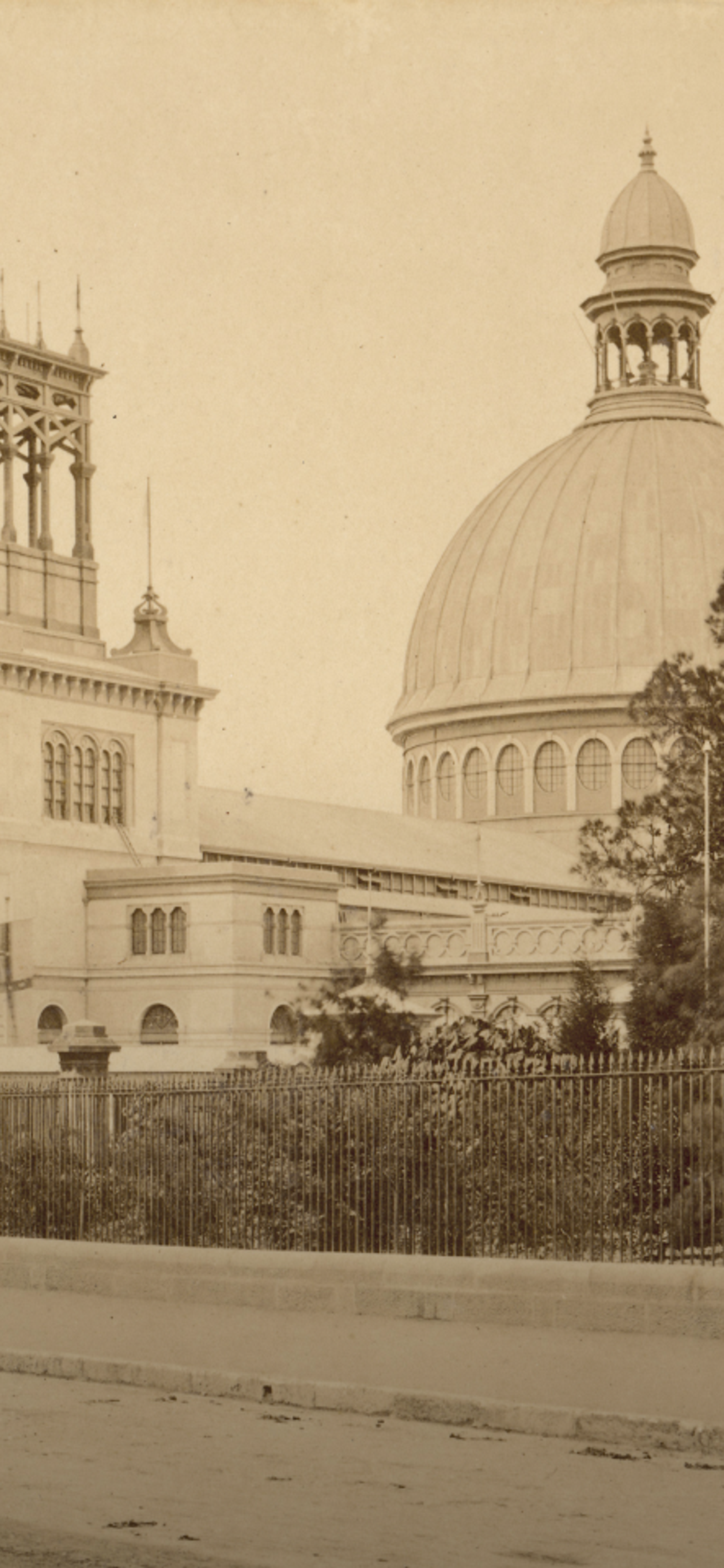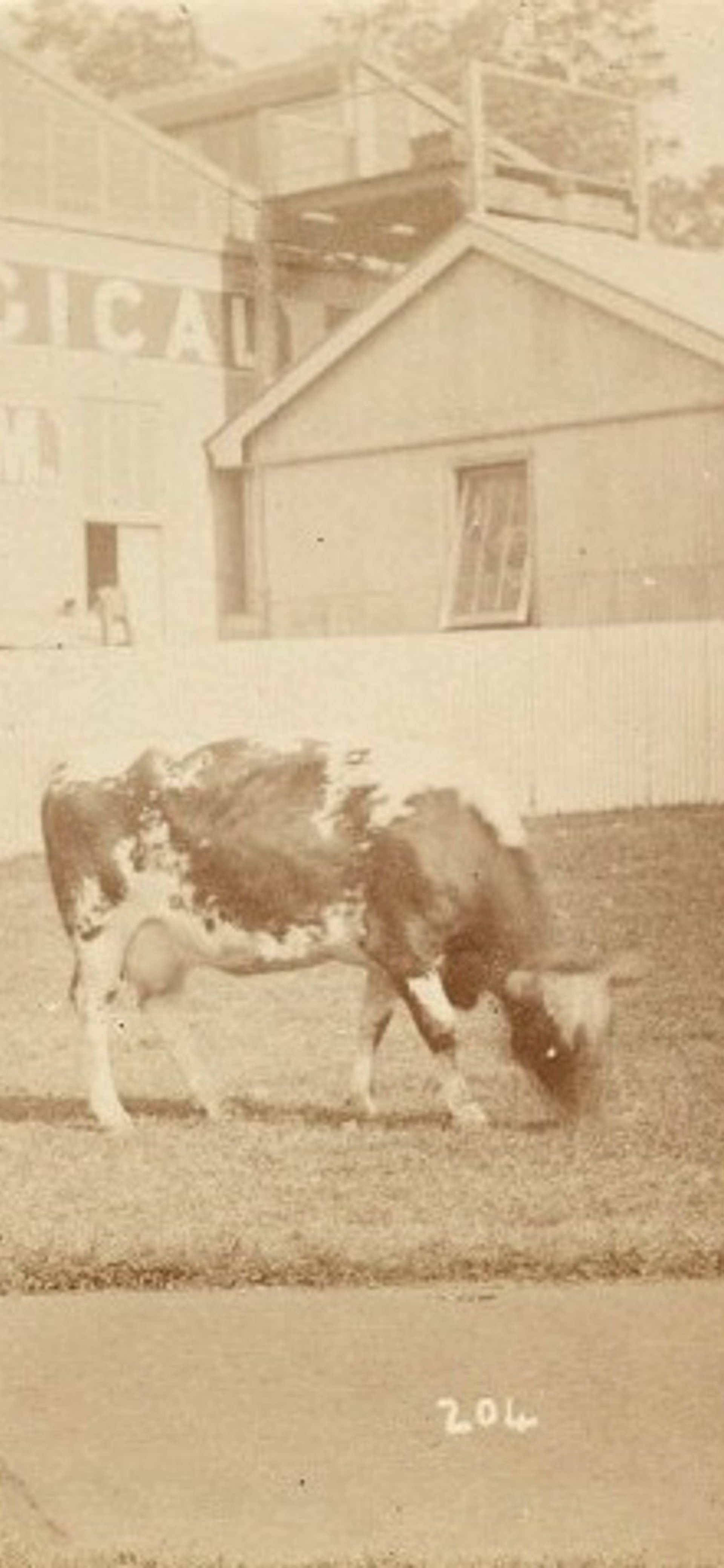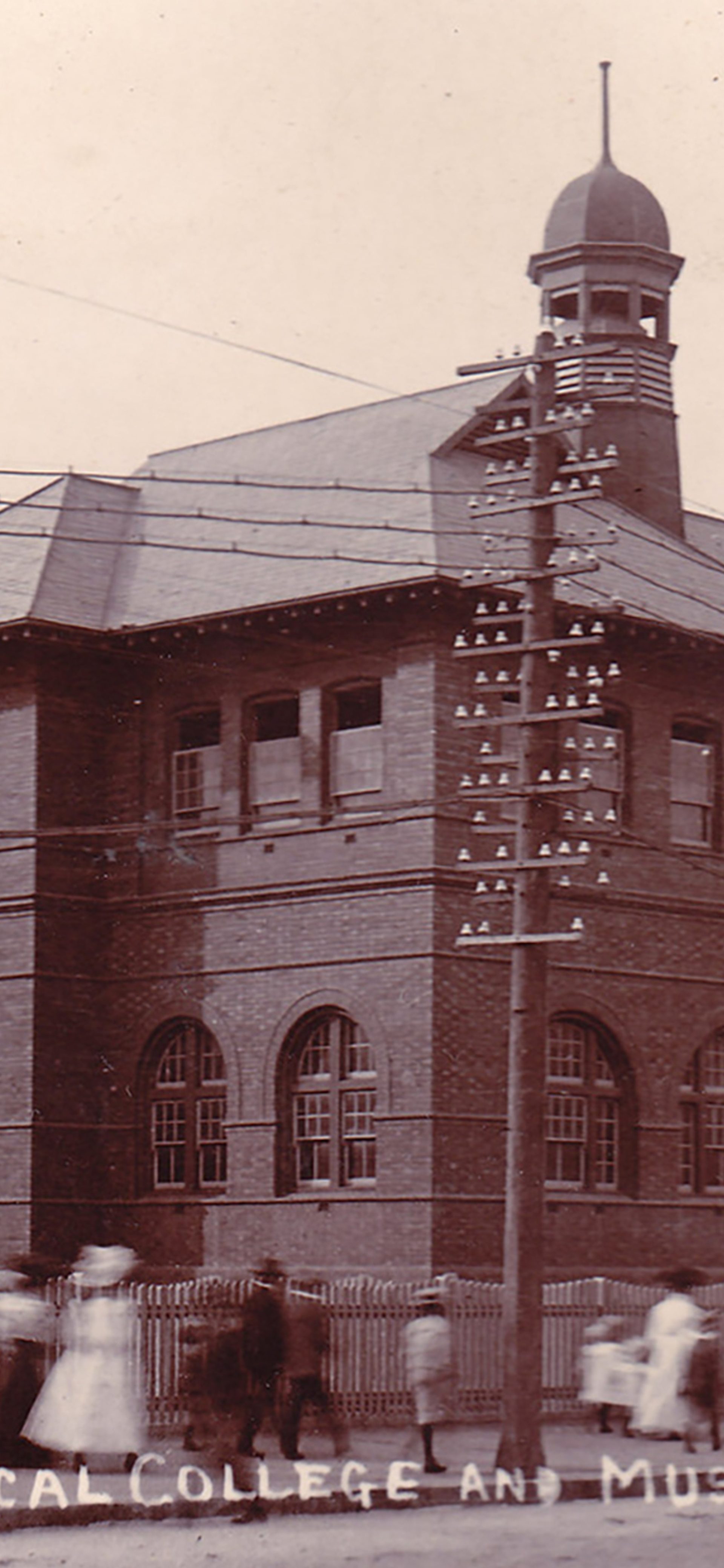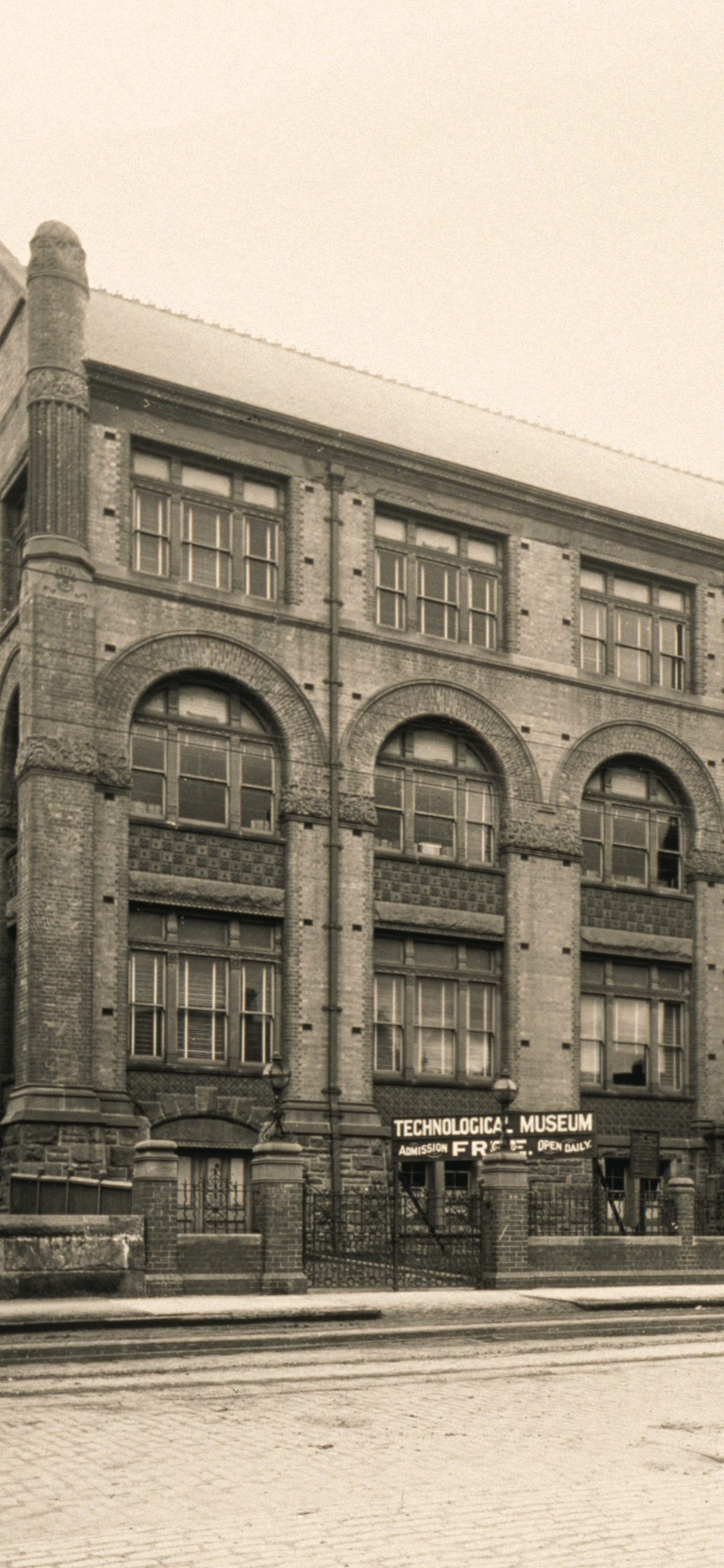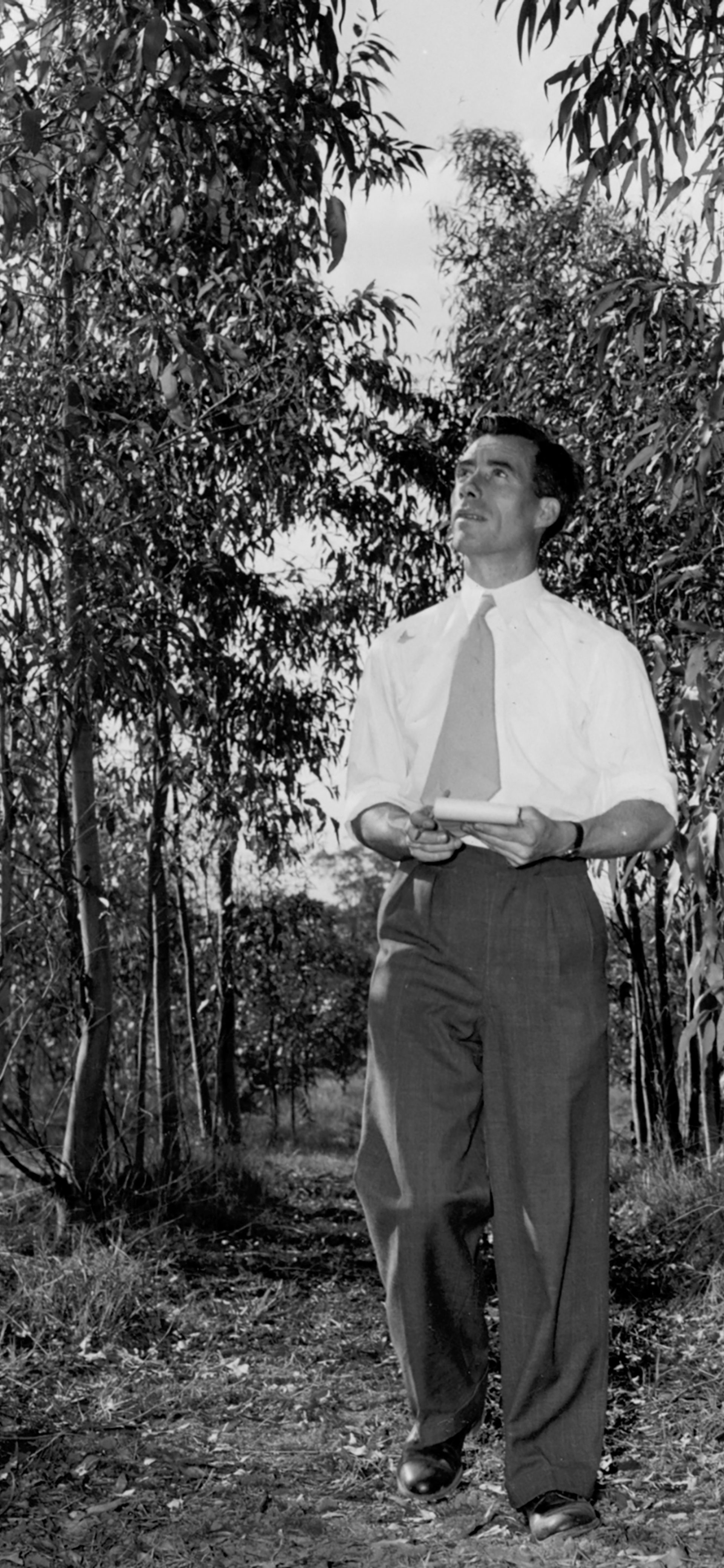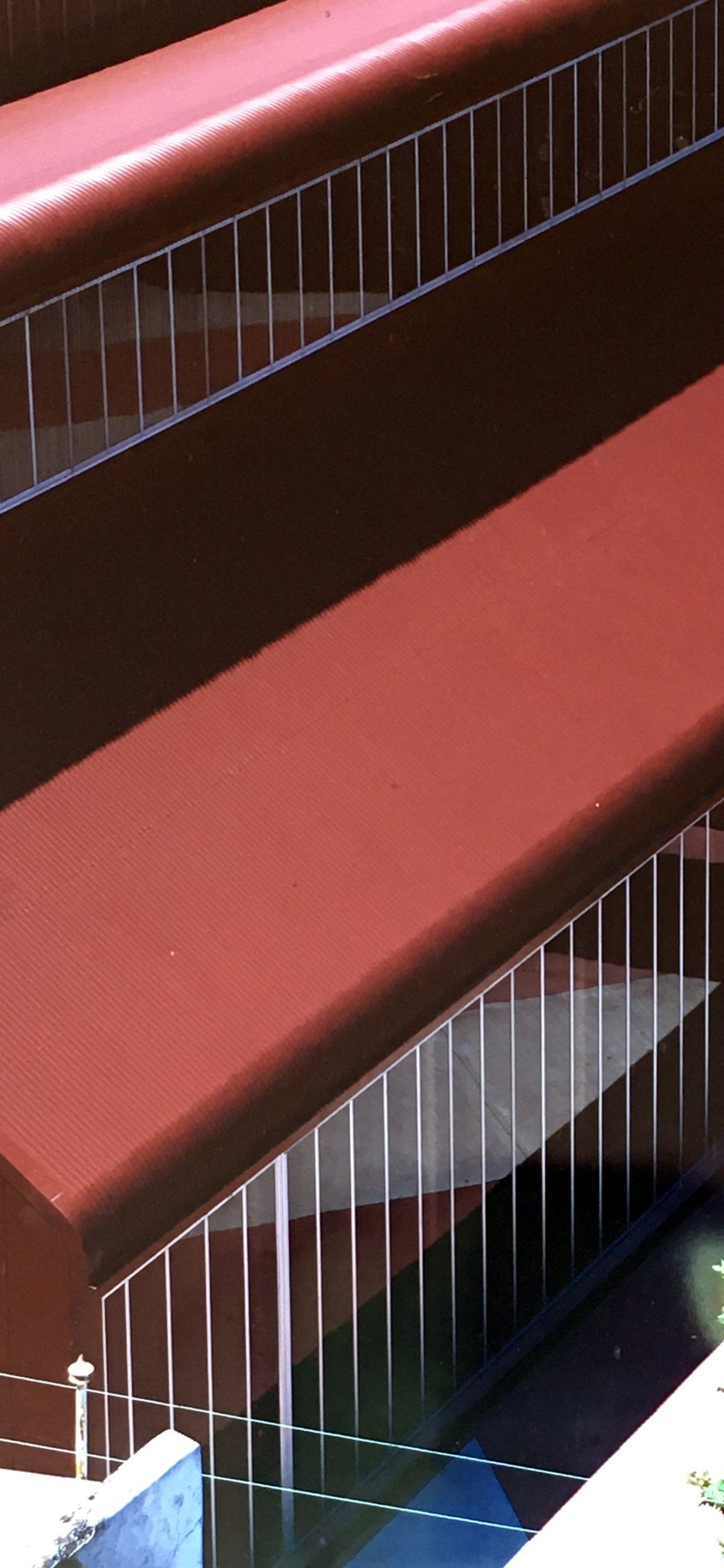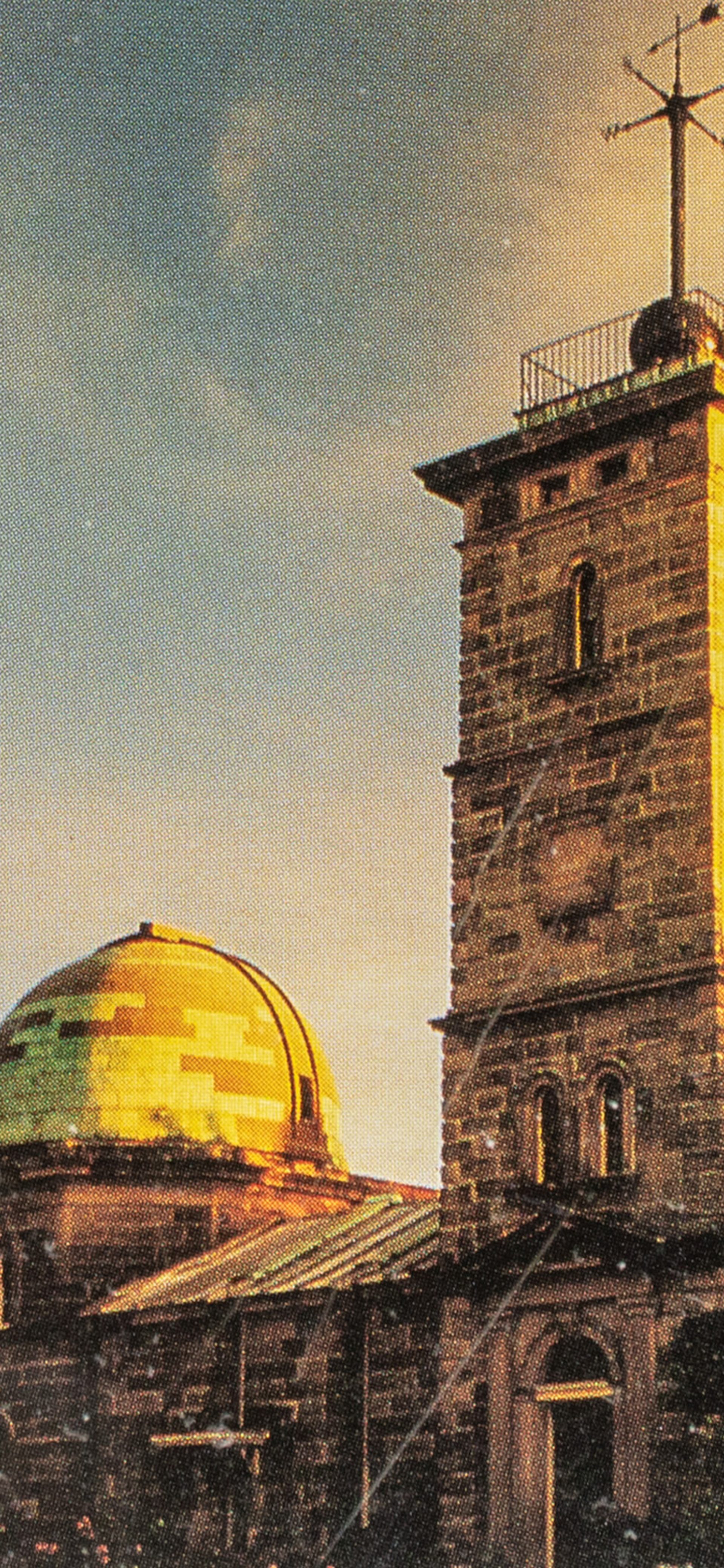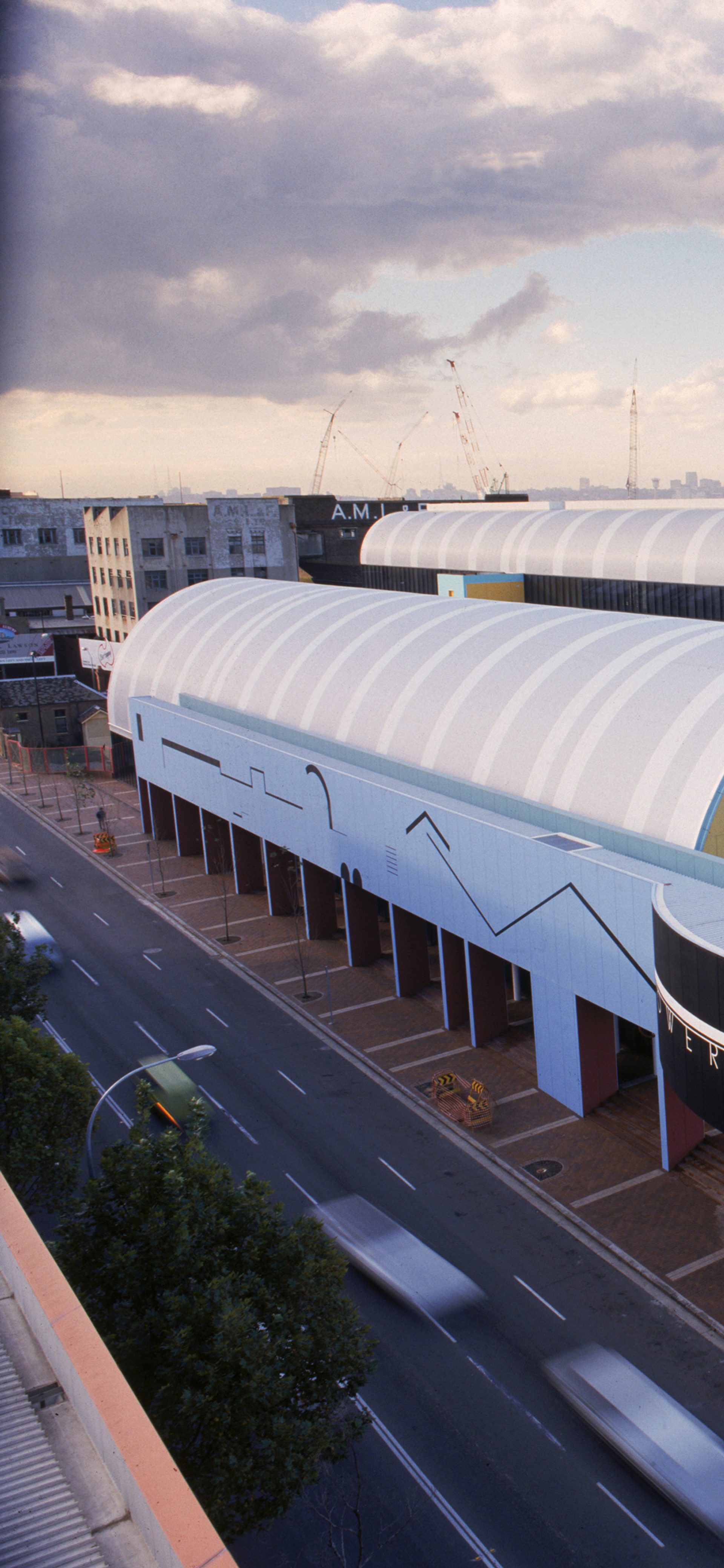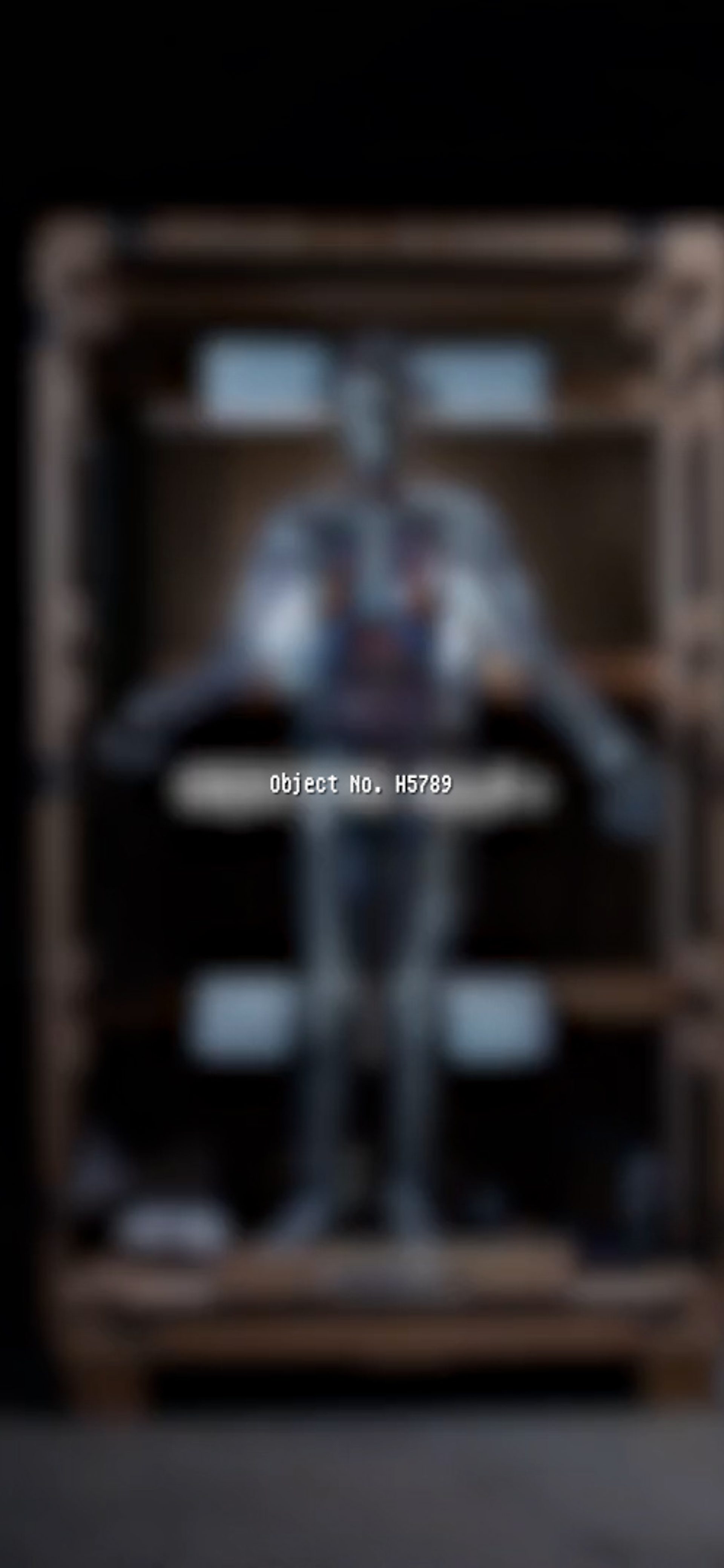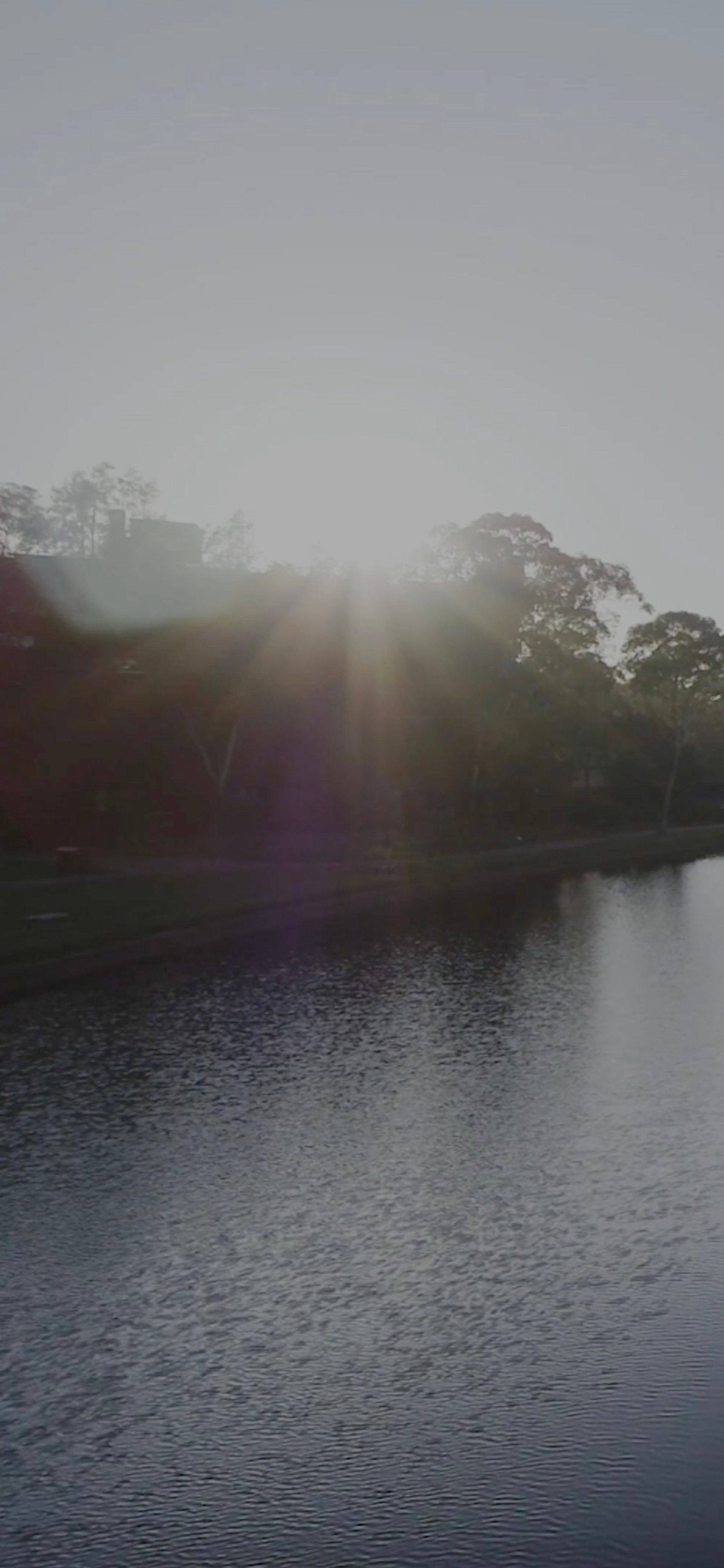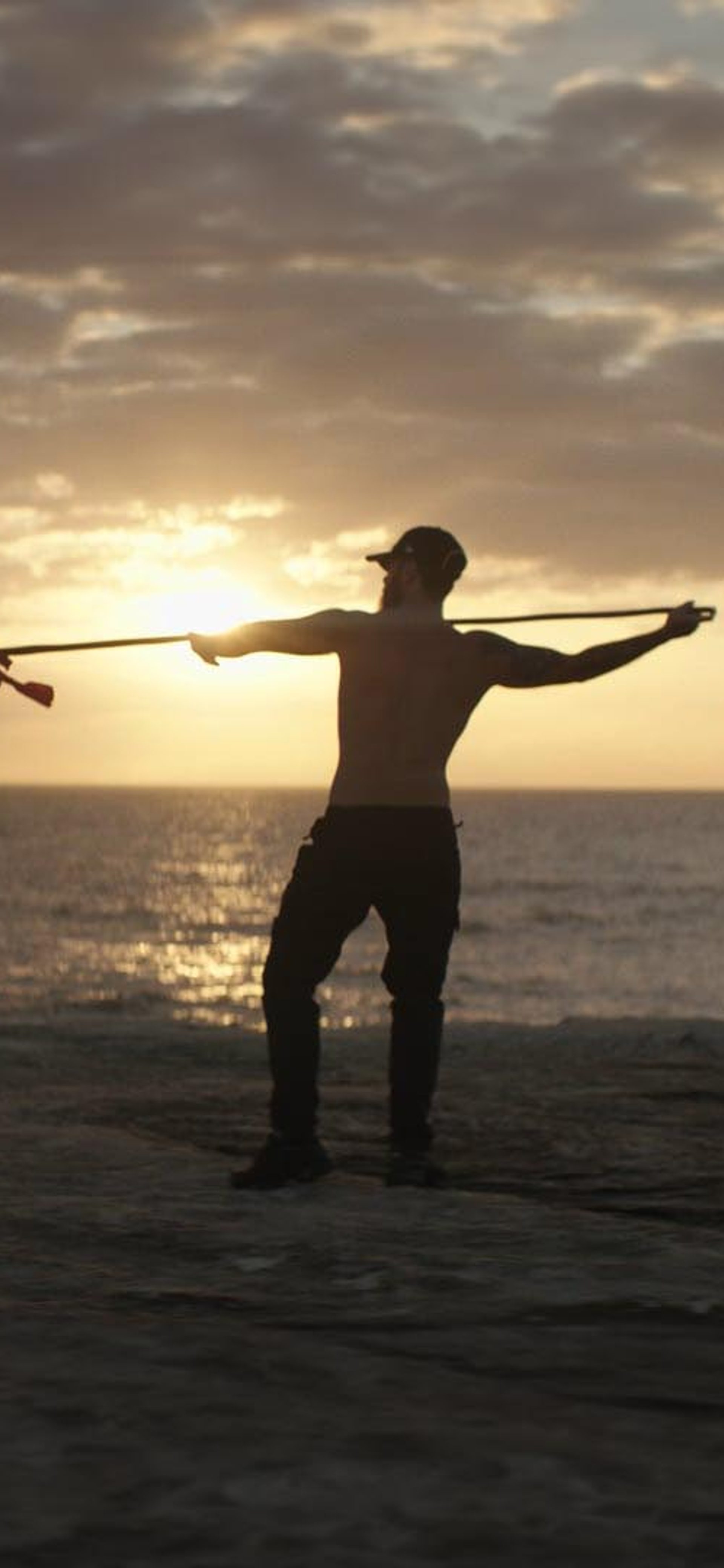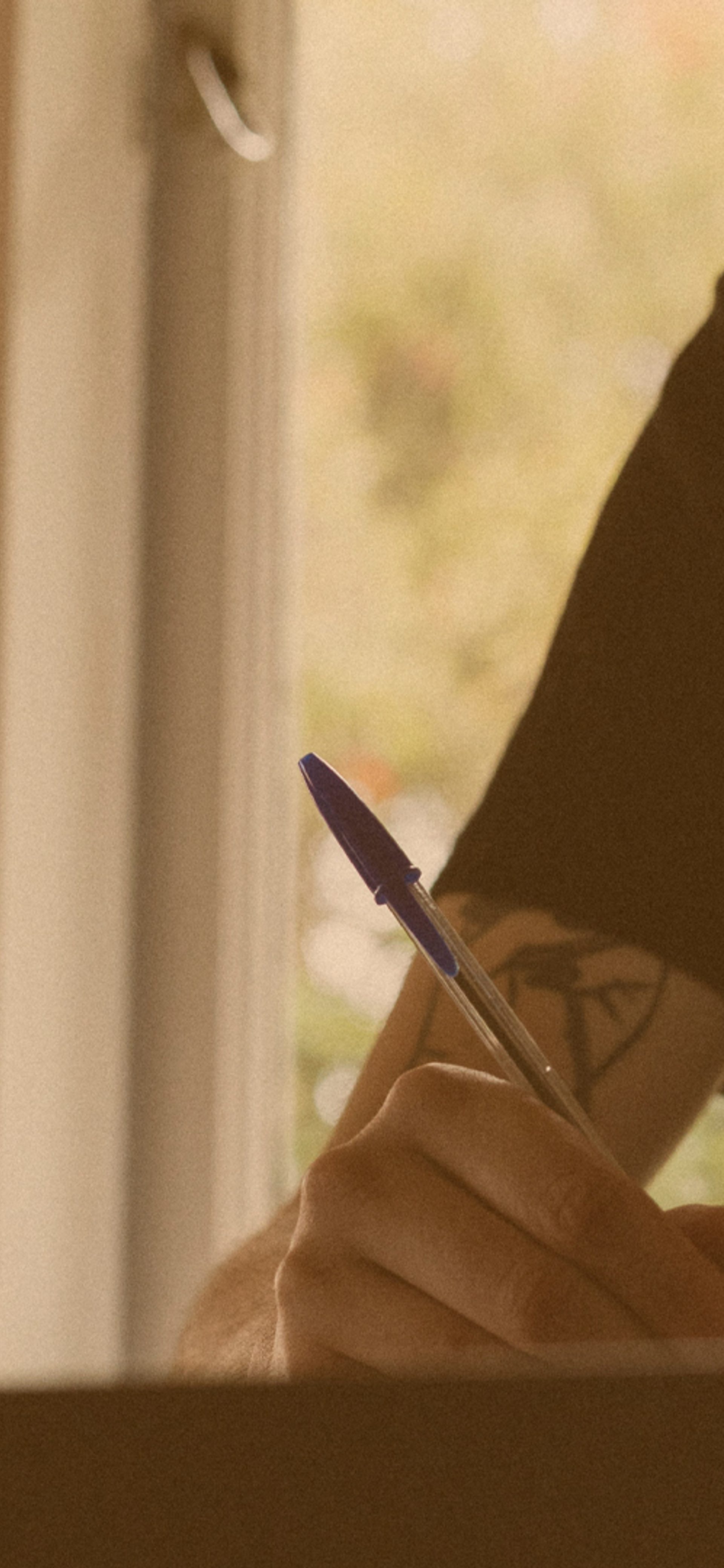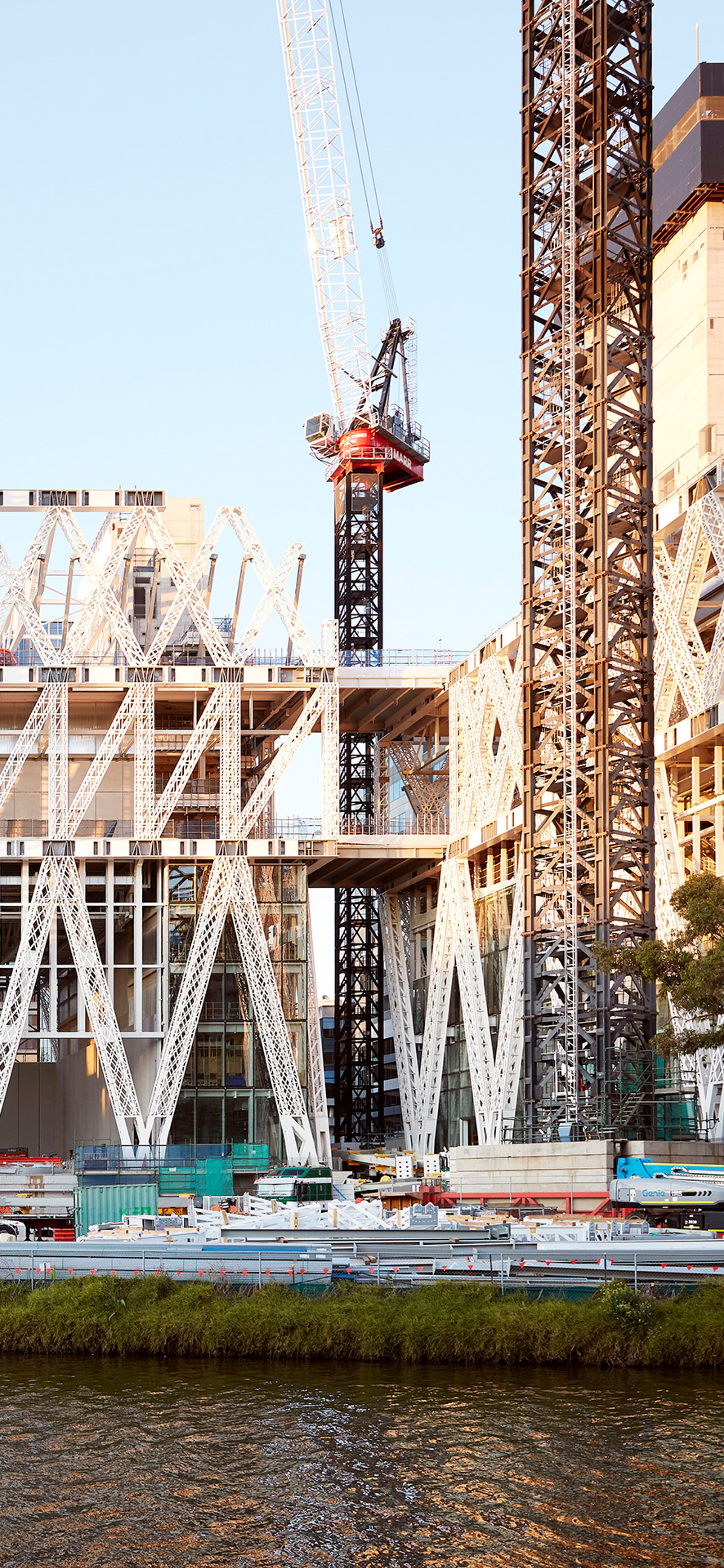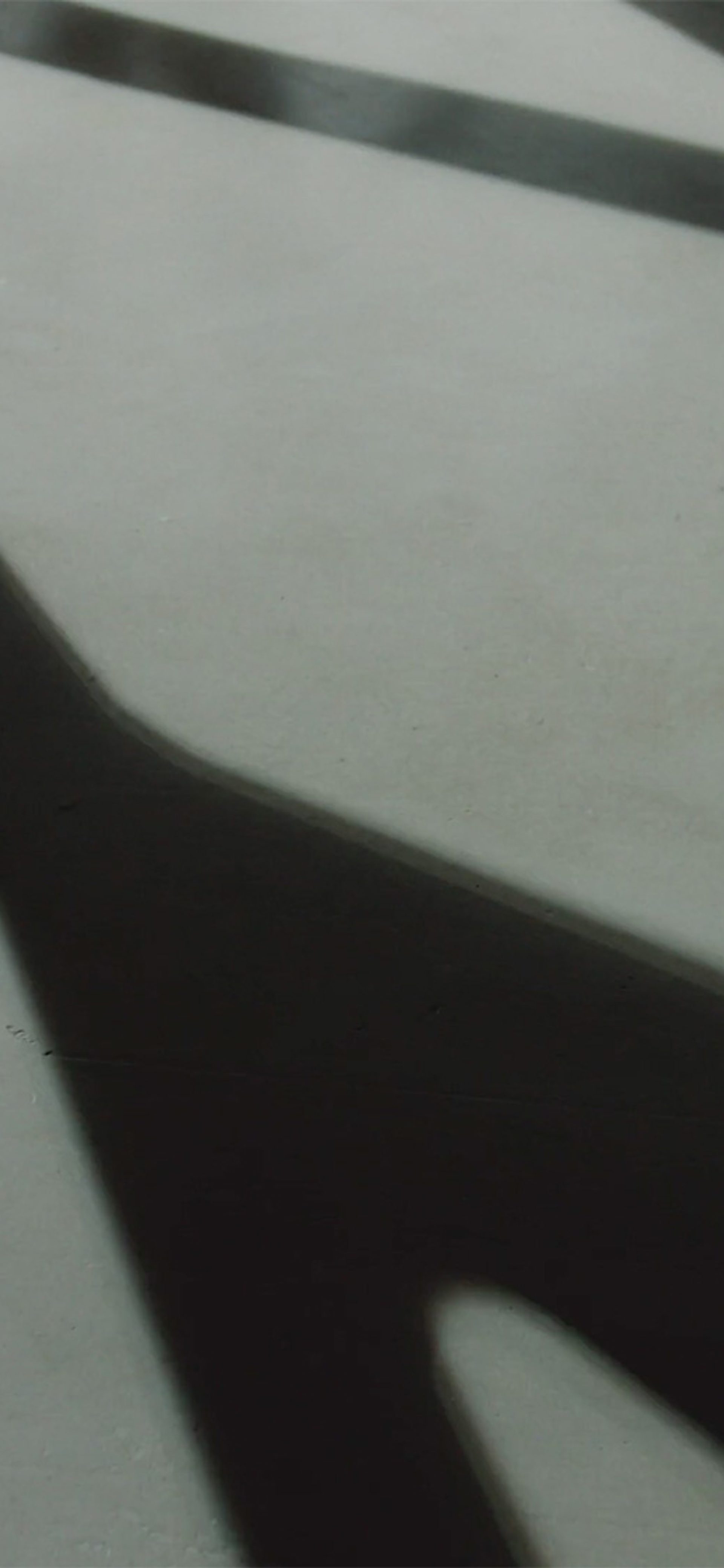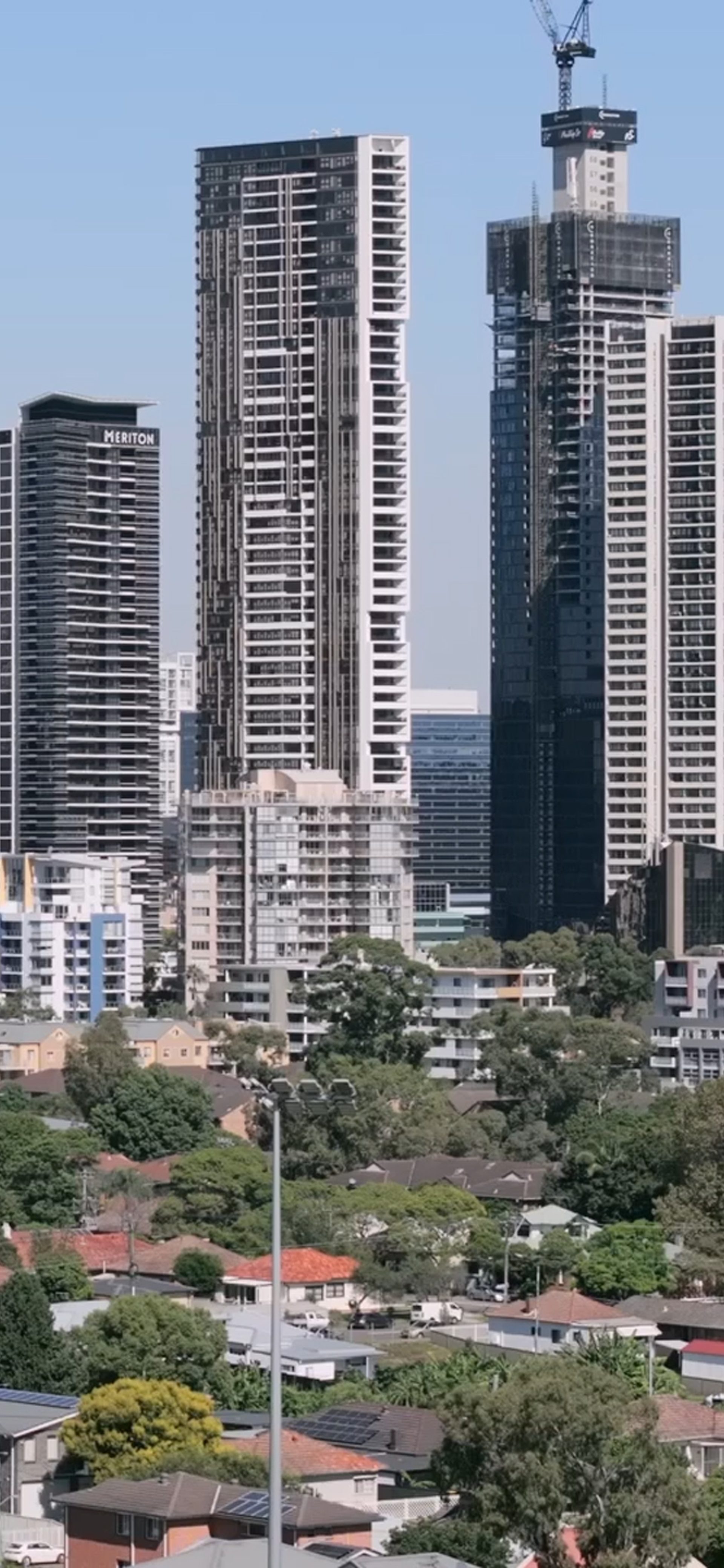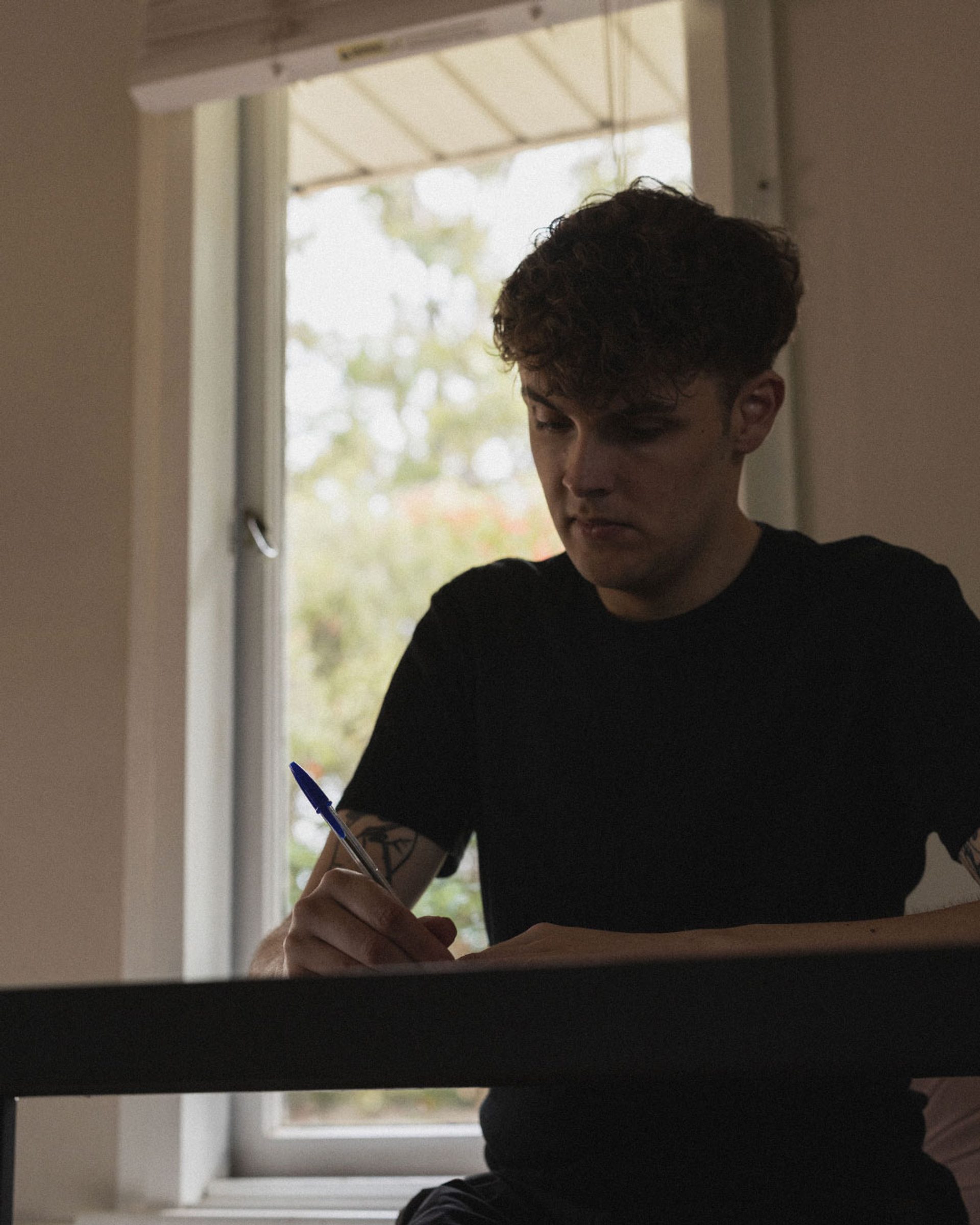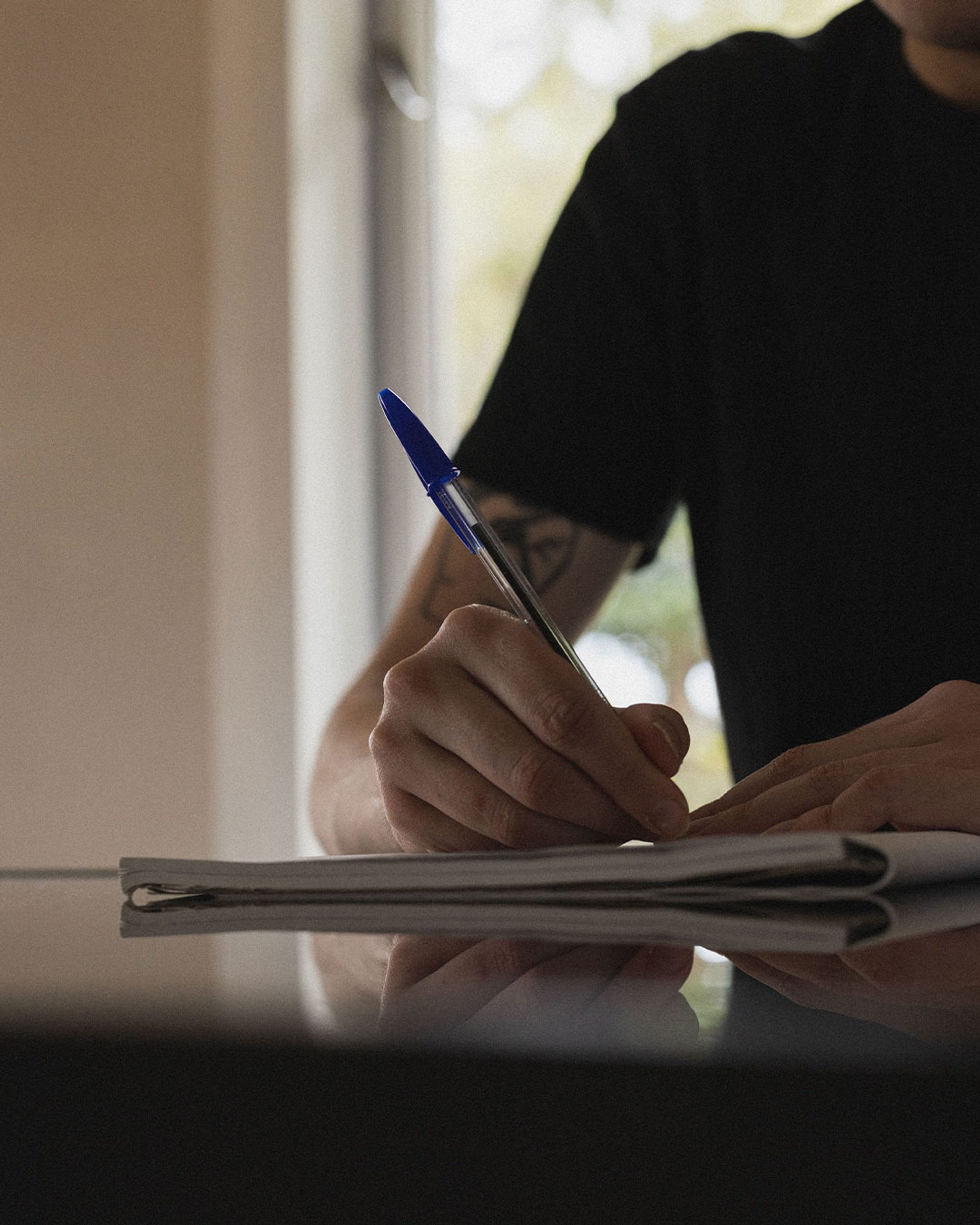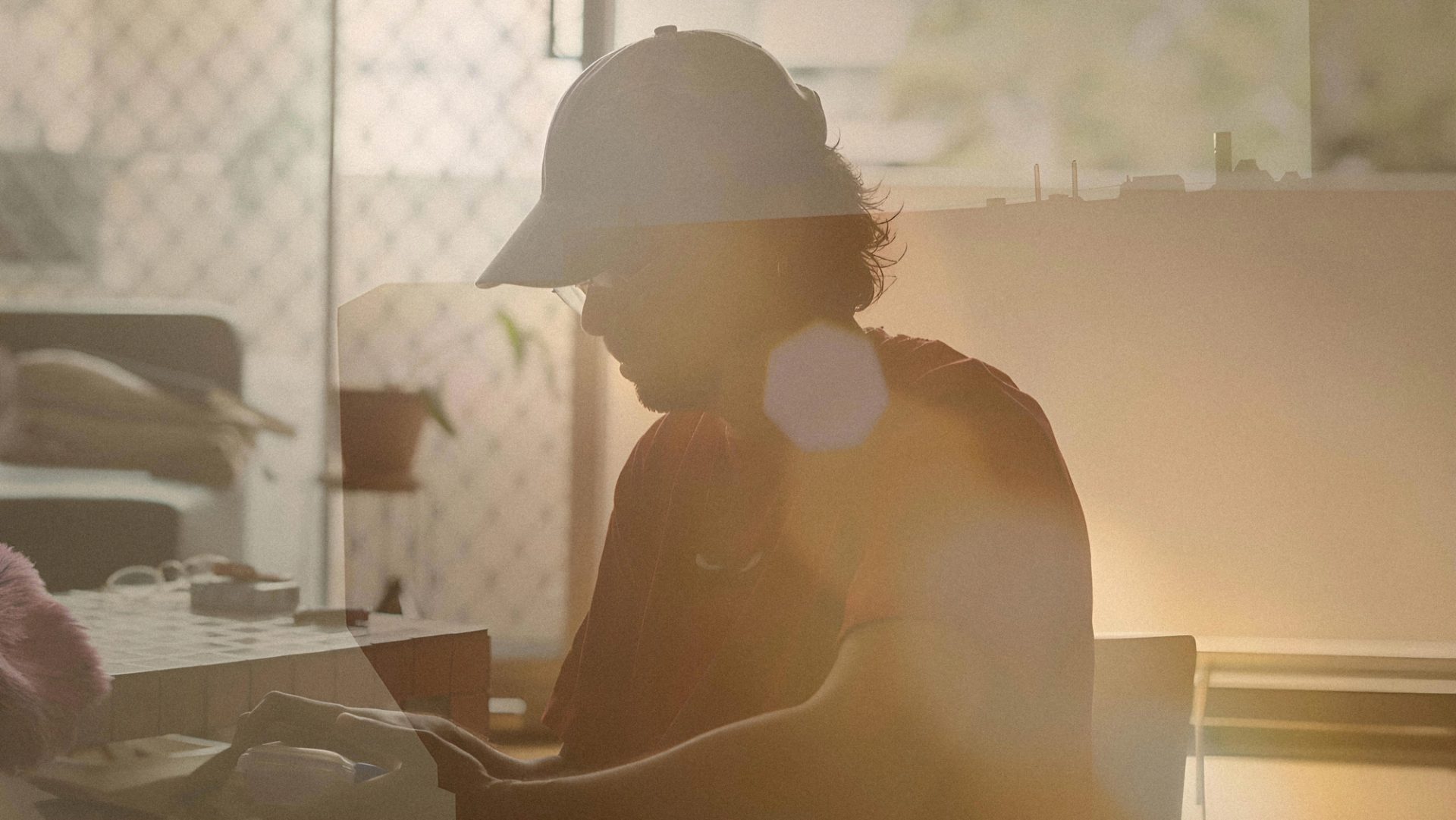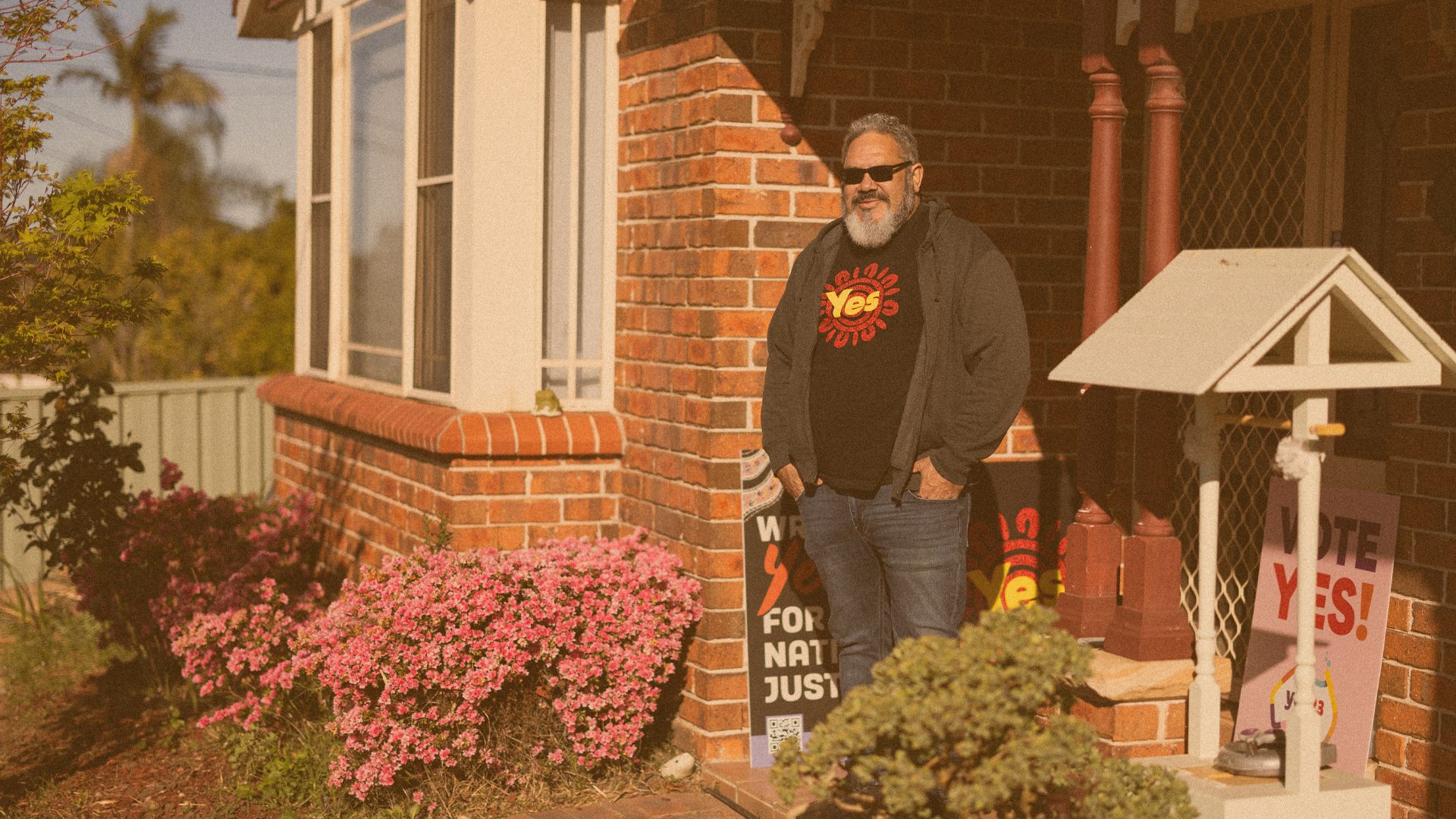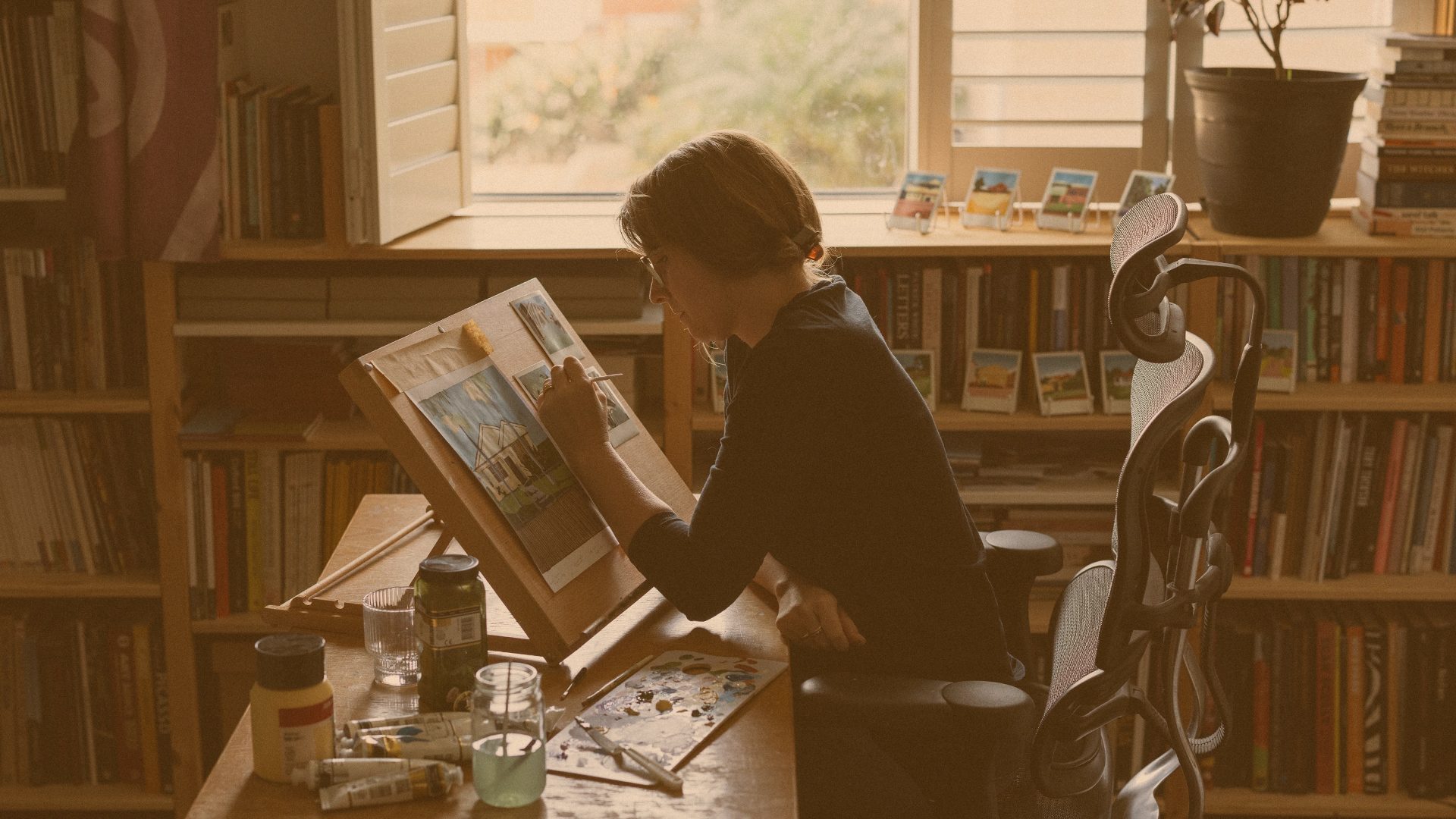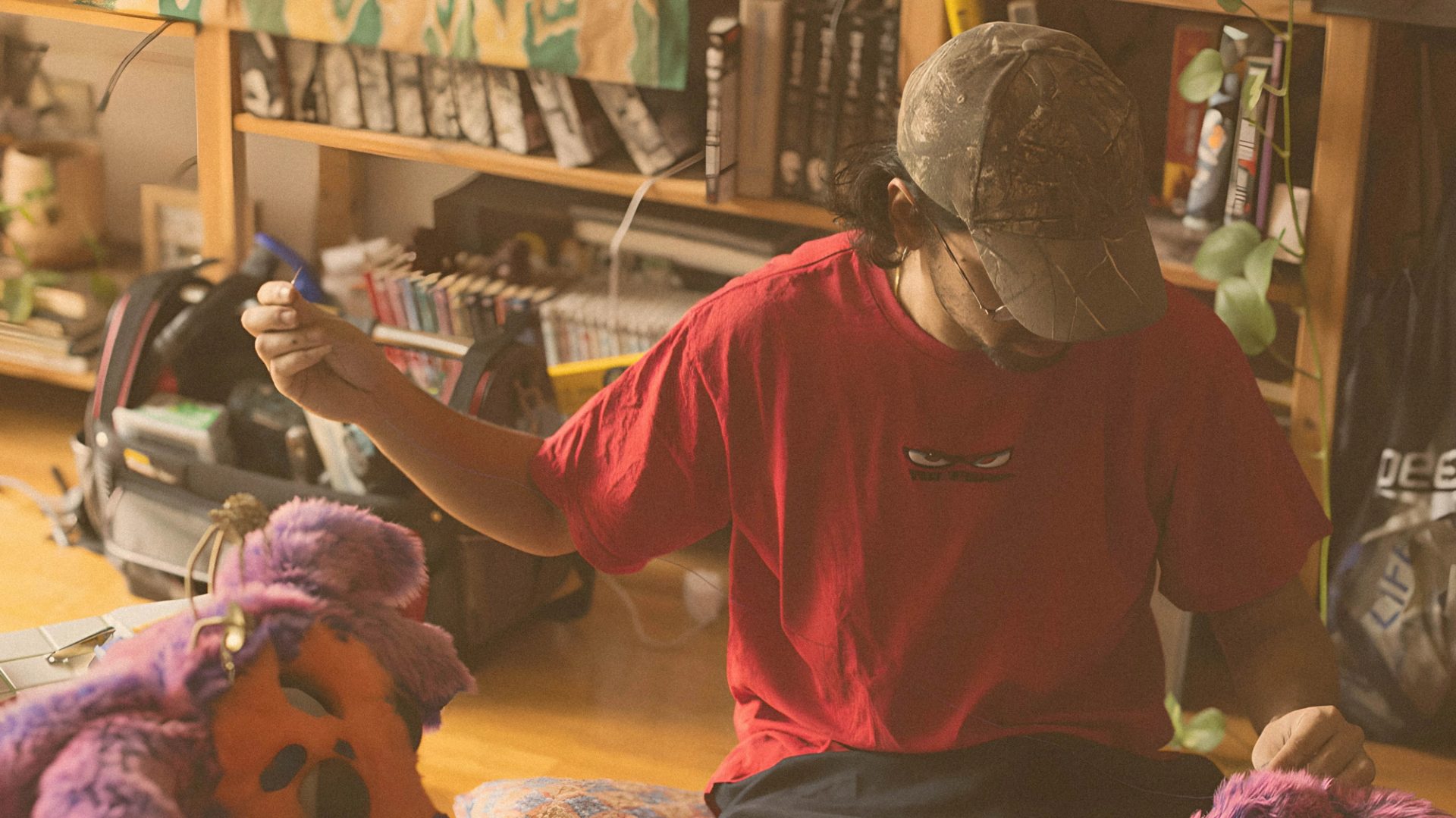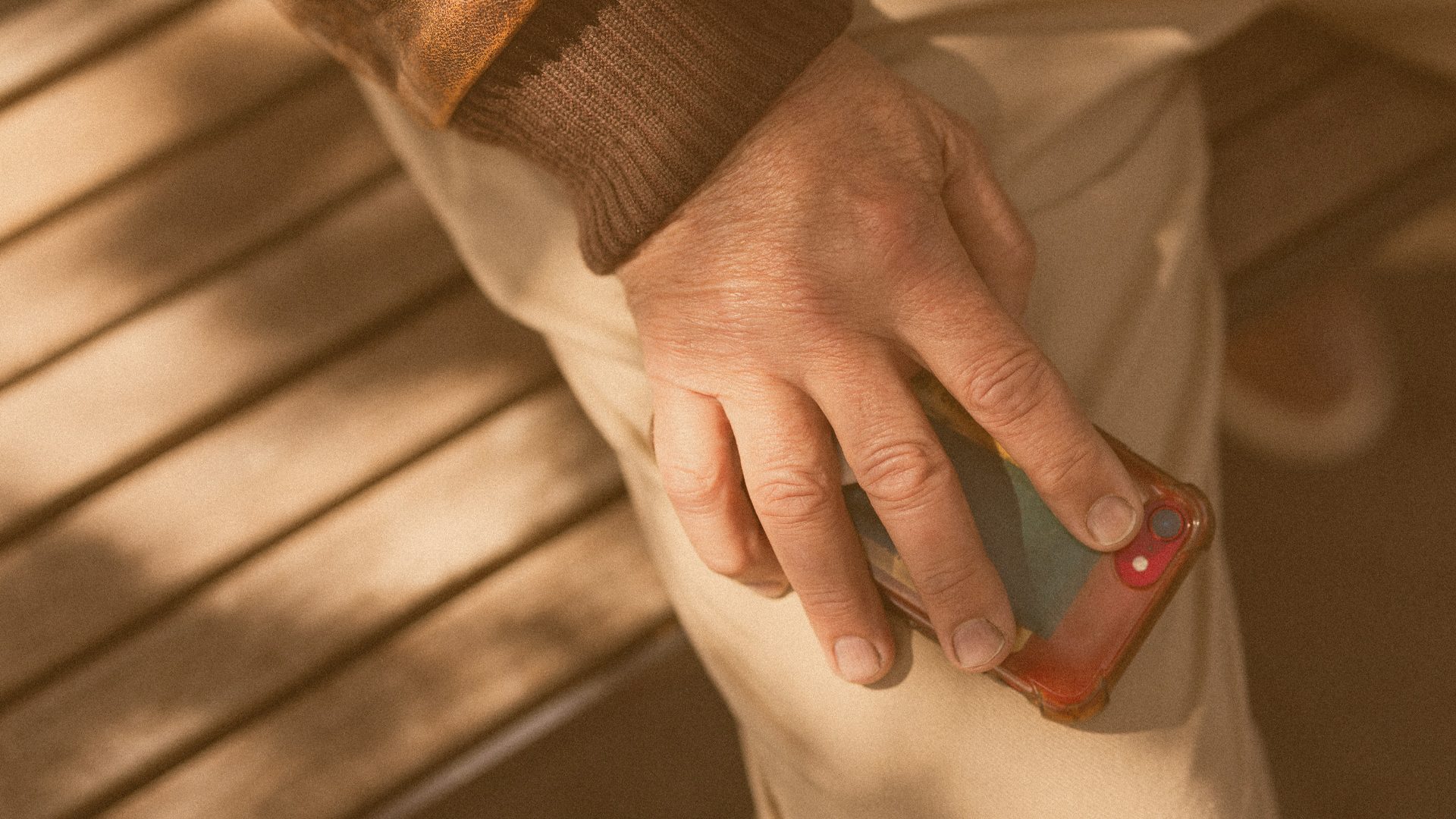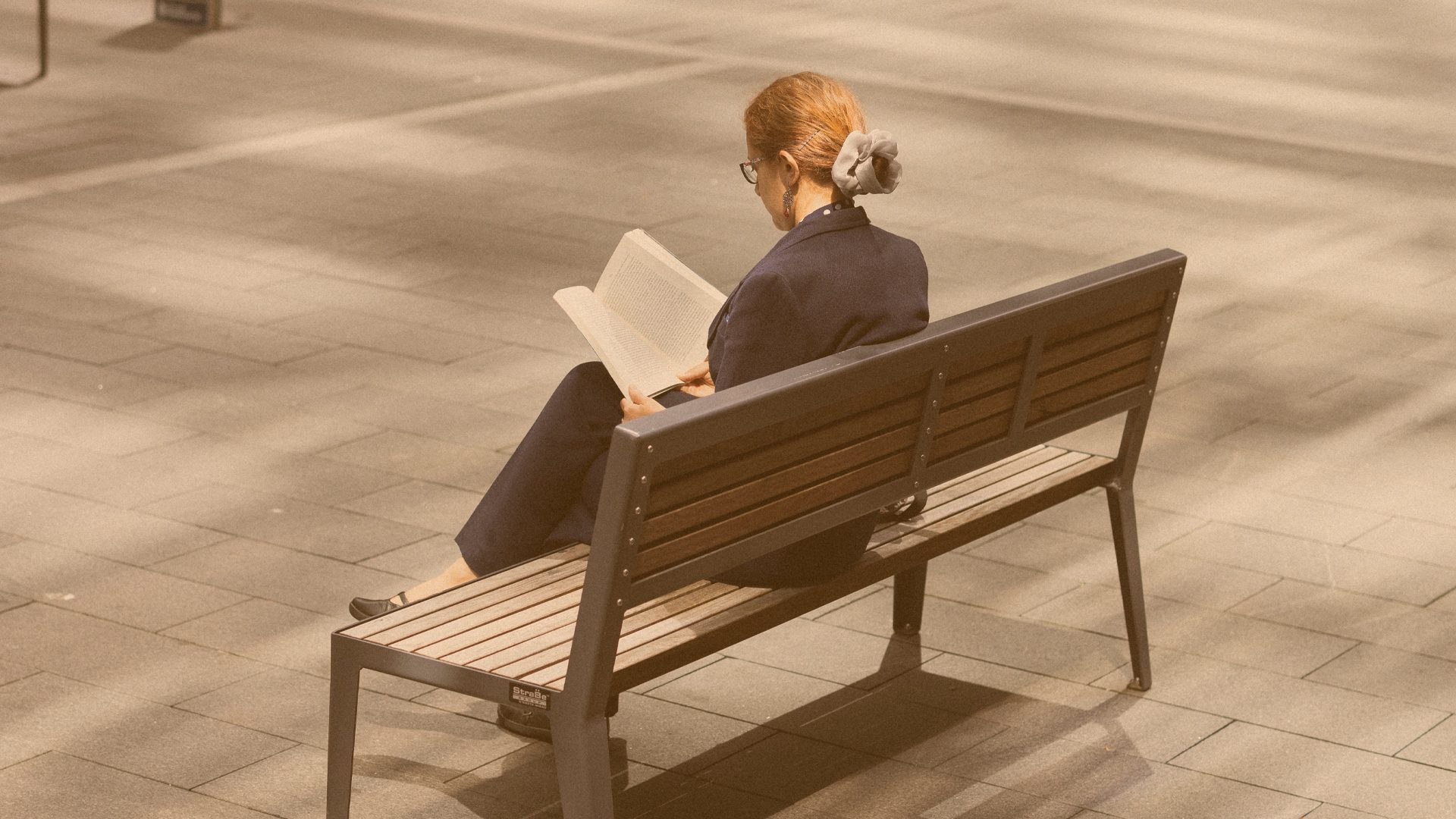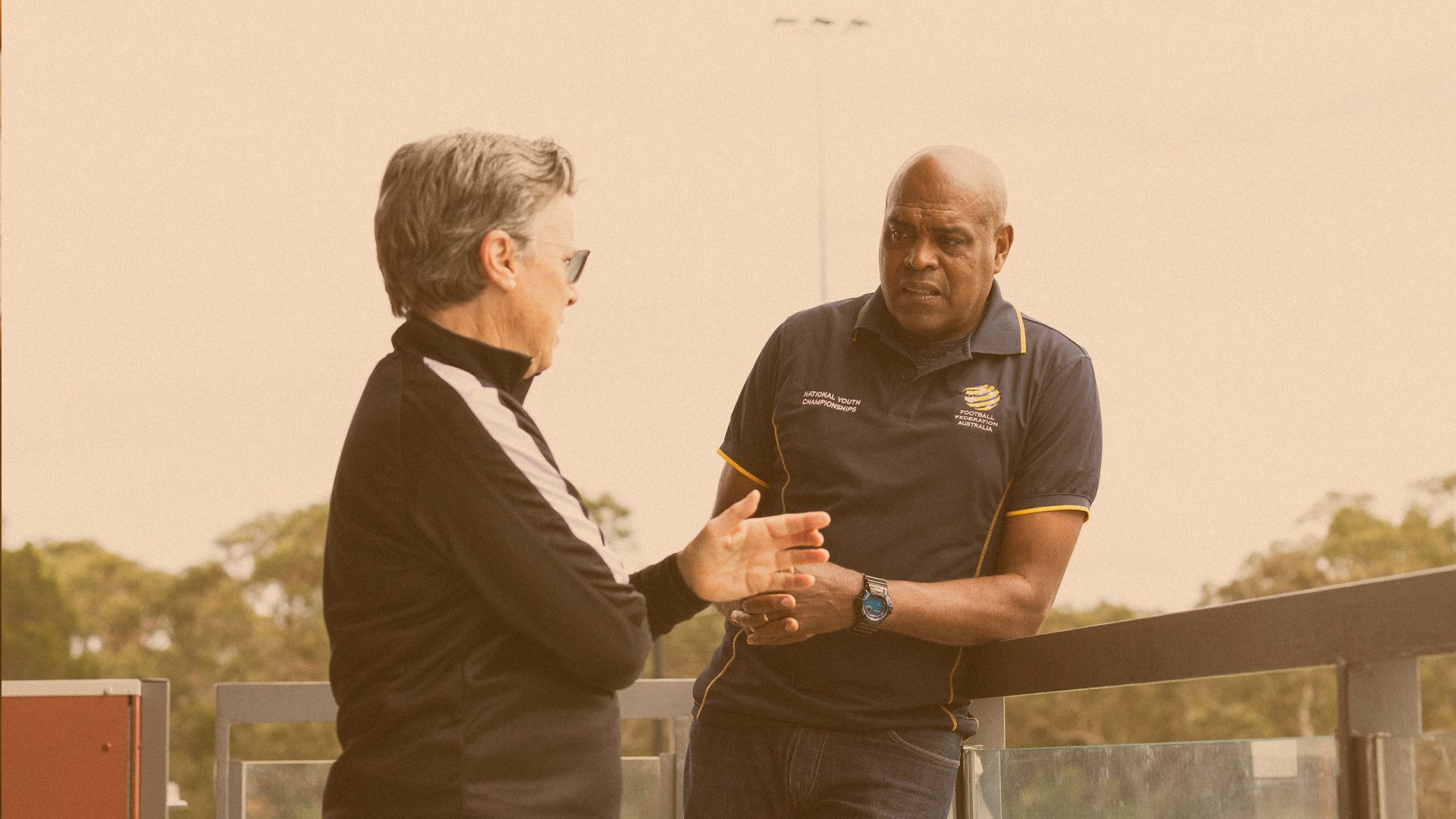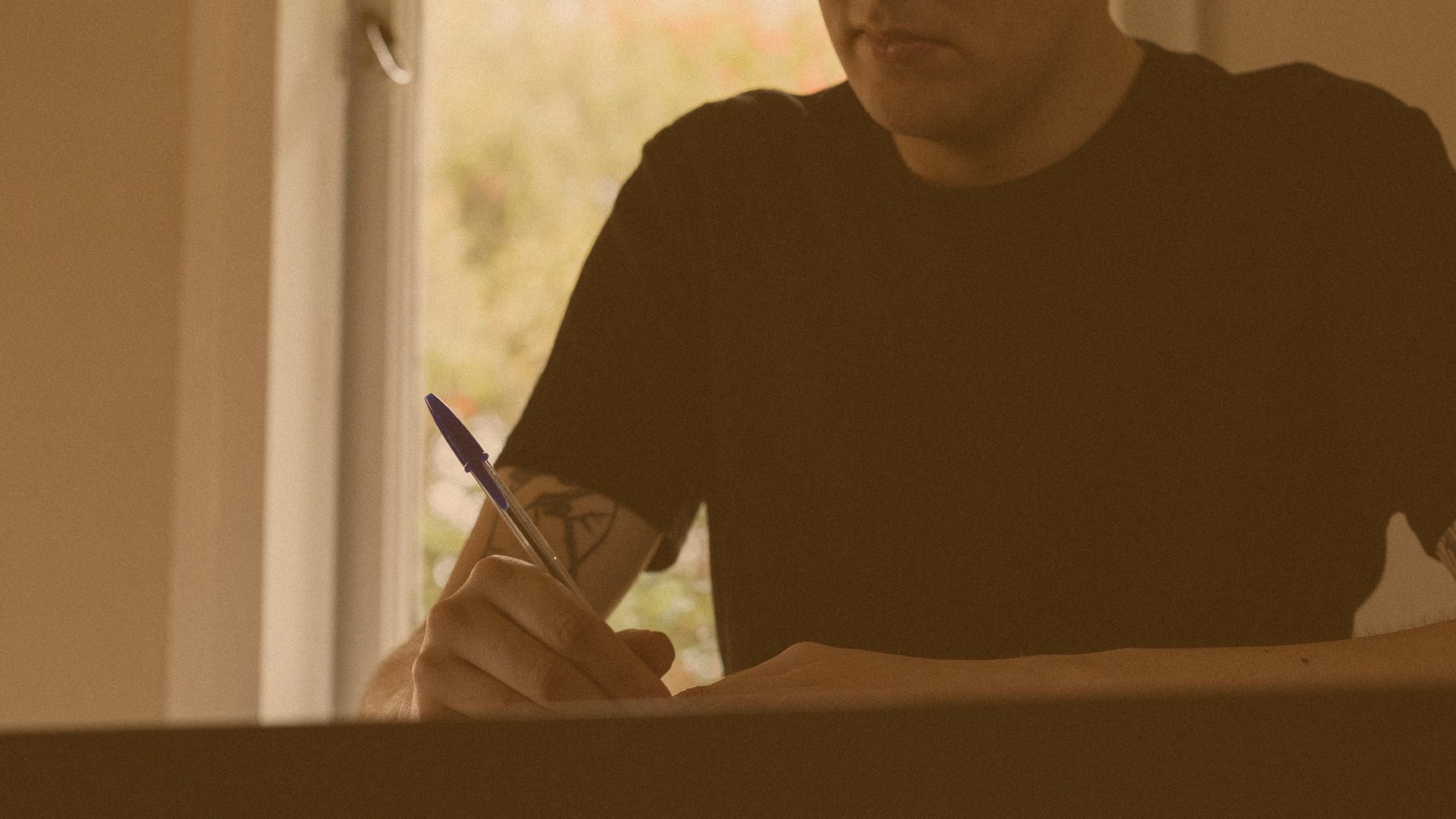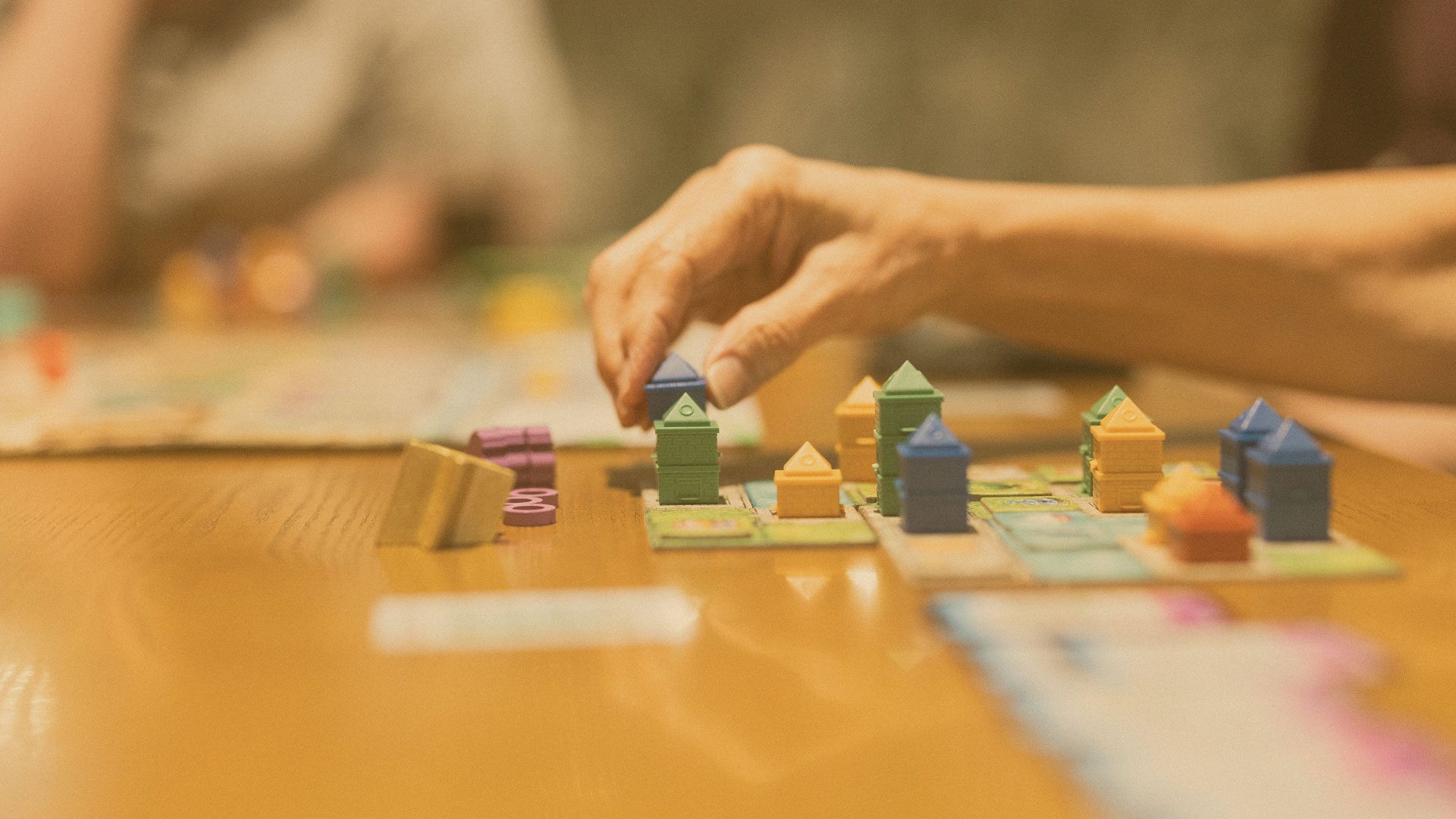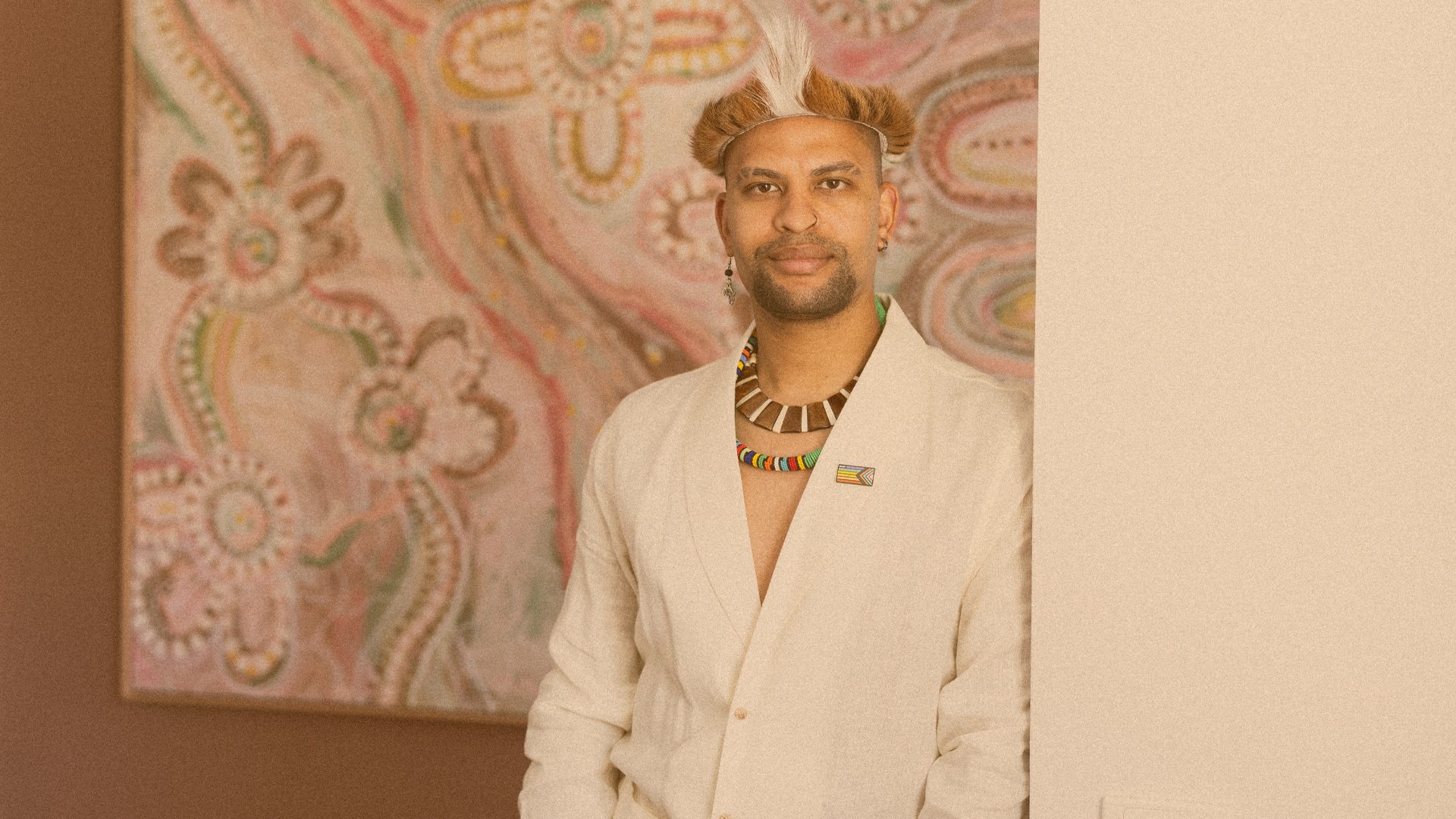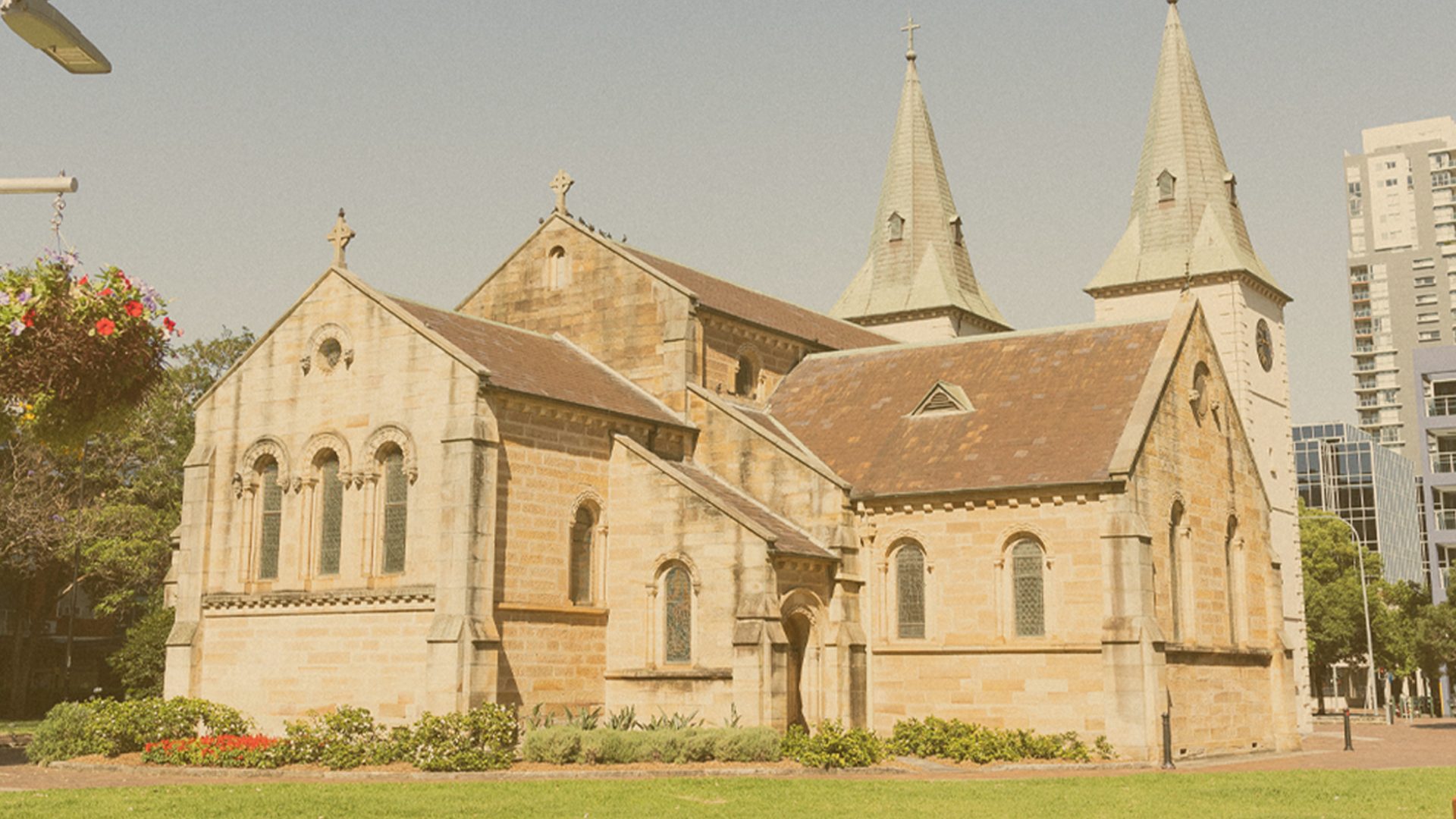Beating small-town syndrome

Performing is a way to heal and foster feelings of connection for rapper Mr Matty B, but he’ll always remember his origins.
I met Mr Matty B after seeing him compete in a live Hip Hop battle at Bedhaus Party hosted by Knox Street Bar, Chippendale in 2023. Ten years earlier, the Wiradjuri rapper would have more likely been found helping his mother deliver newspapers in her Nissan Pulsar. When most kids his age were enjoying their school holidays, a young Mathew ‘Matty’ Bourke was tolerating Australia’s scorching hot summer with no air conditioning, supporting his mum to put food on the table.
As the second eldest of six siblings, and the only boy, Matty says he has ‘always had to hustle to get a head start in life’. Matty lived most of his formative years in adversity, even experiencing homelessness at one point. However, he maintained ambitious goals, saying that living in Mount Druitt and attending school on a scholarship not only helped fuel his drive and talent for music, but also pushed him to break free from ‘small-town syndrome’.
Matty is no stranger to feeling like an outcast. Reflecting on his years as a gay kid attending a Christian high school, he says, ‘I thought of myself as abstract and weird compared to the other students’. Expressing himself through poetry was one way to help heal trauma and feelings of alienation. Later, his love of listening to female artists — including Remy Ma, Nicki Minaj, Cardi B, and later his close friend, a Western Sydney local, G Rebel — shifted into a passion for writing his own lyrics.
As the second eldest of six siblings, and the only boy, Matty says he has ‘always had to hustle to get a head start in life'.
Writing allowed Matty to show off his playful use of language and discover his own fearless and outspoken voice that had been suppressed. ‘I get a lot of anger out in rap,’ he says. ‘It helps me get over a lot of things.’
